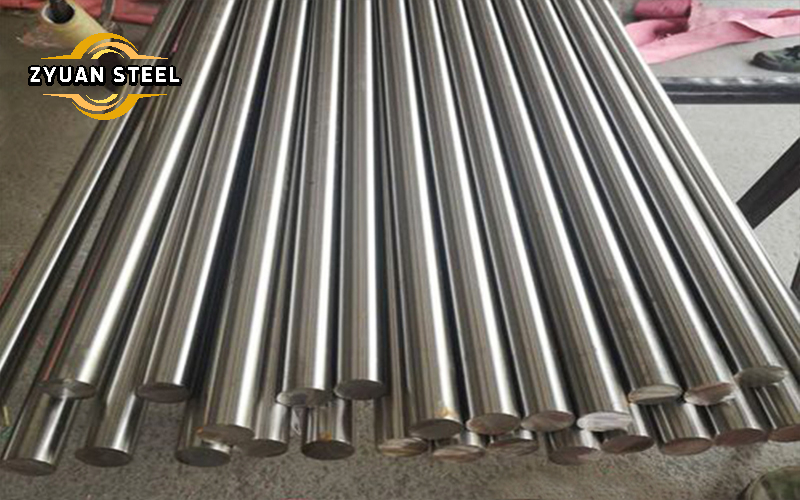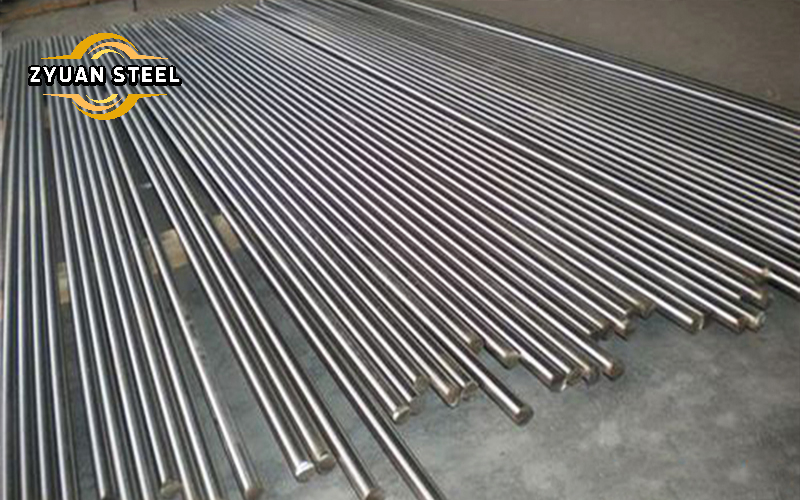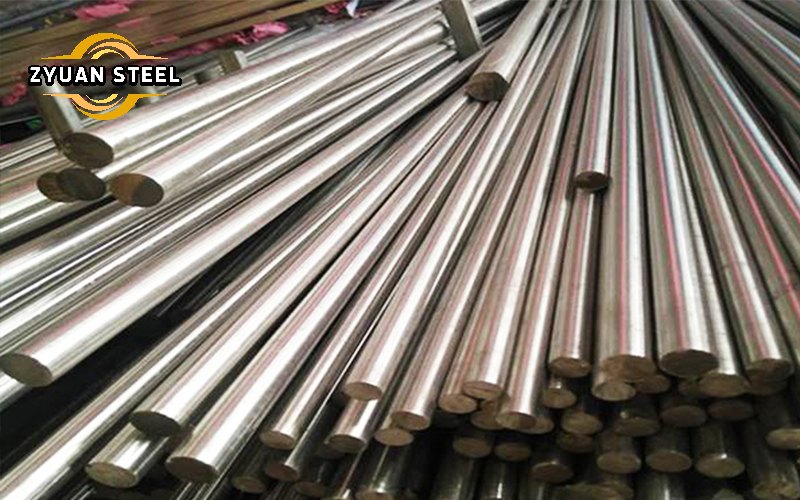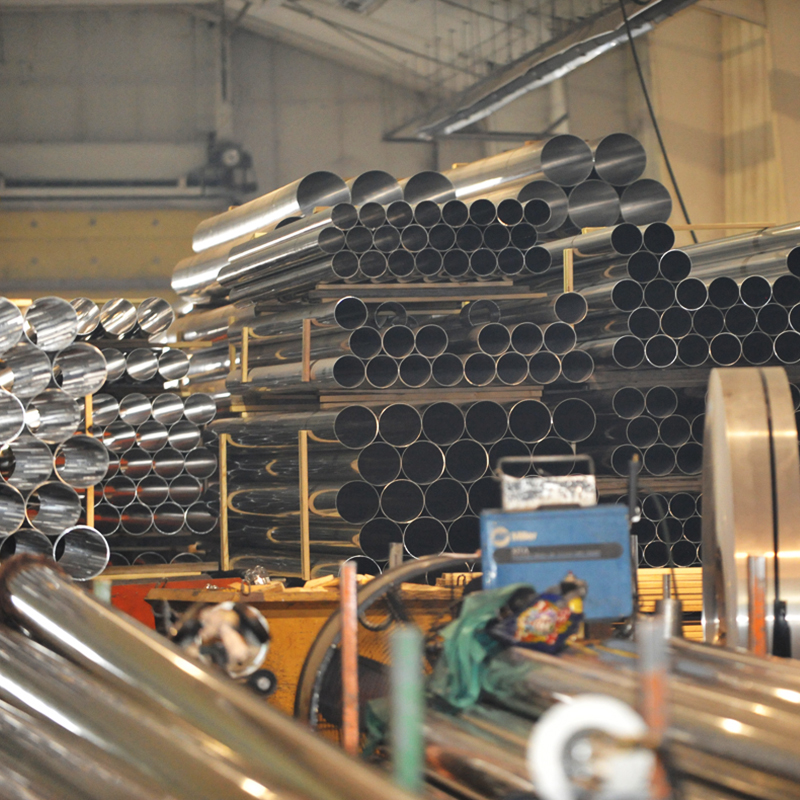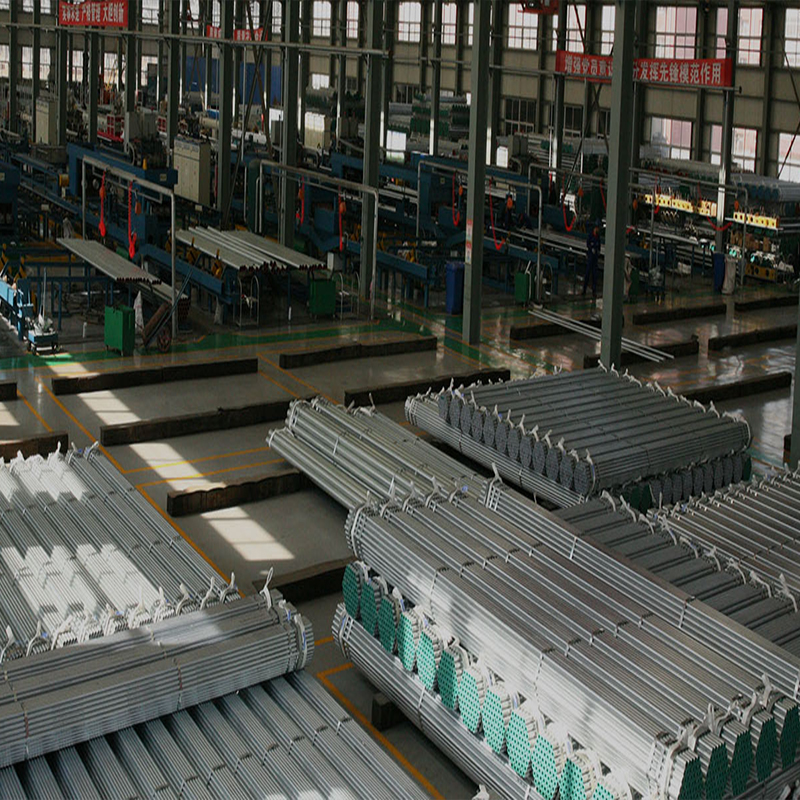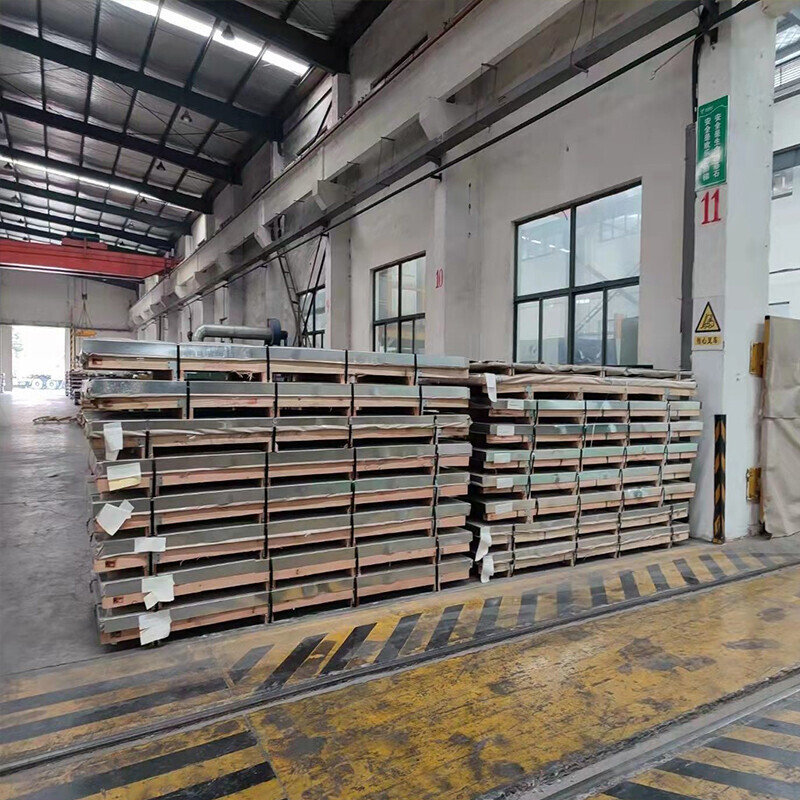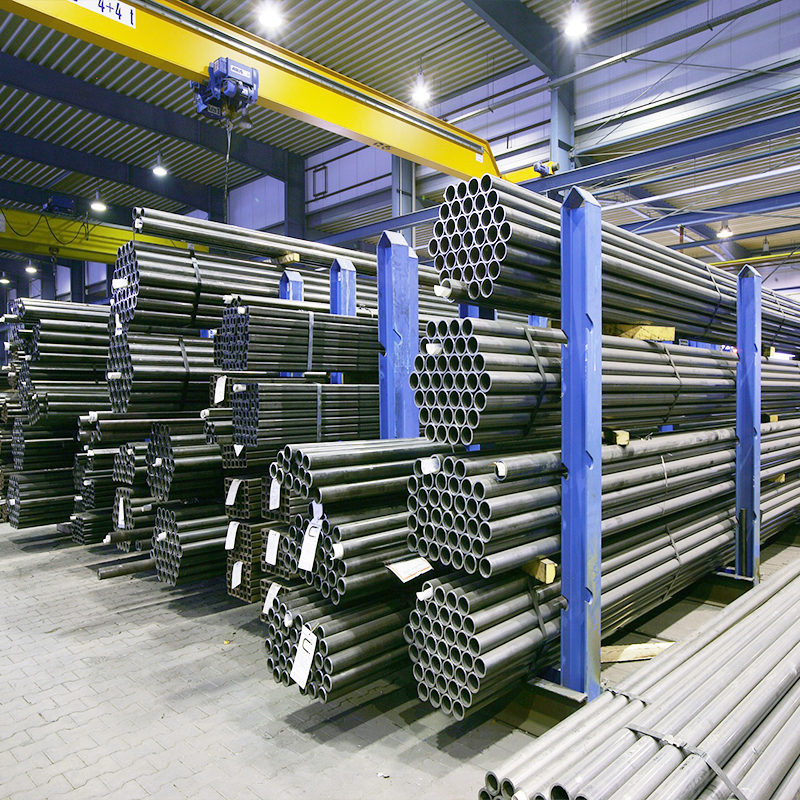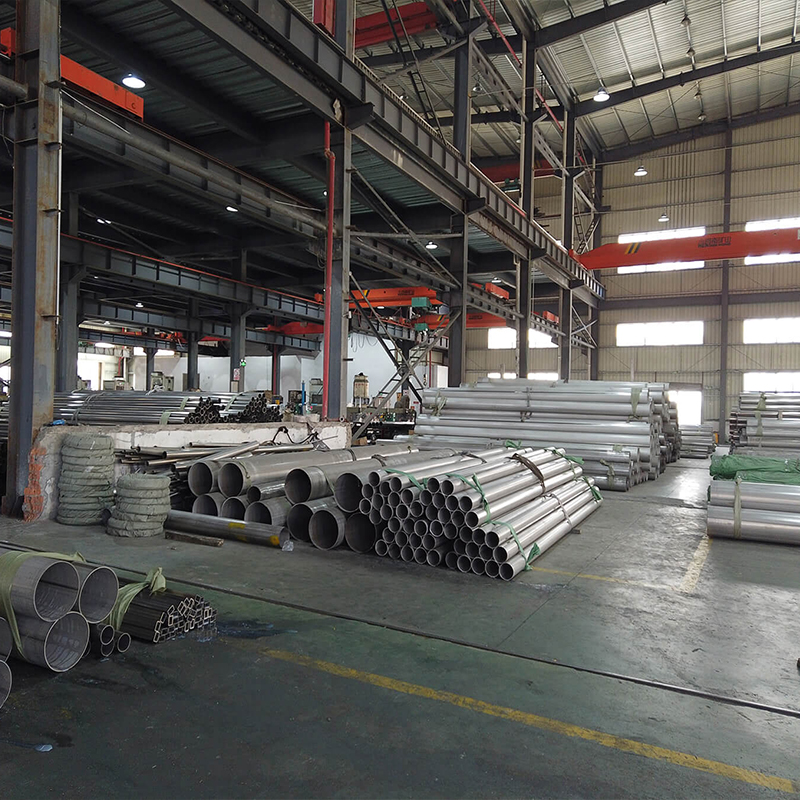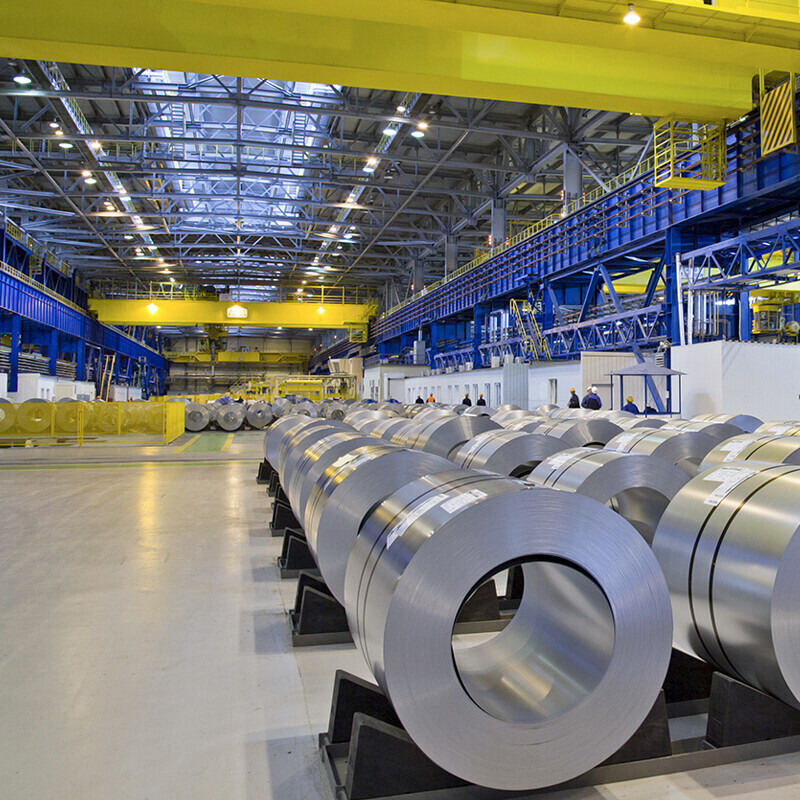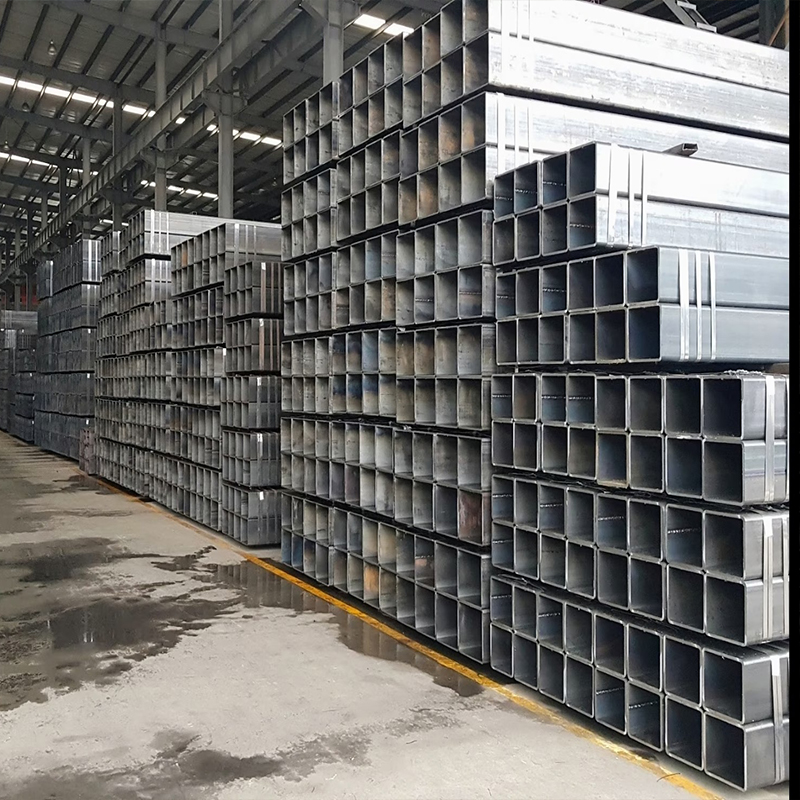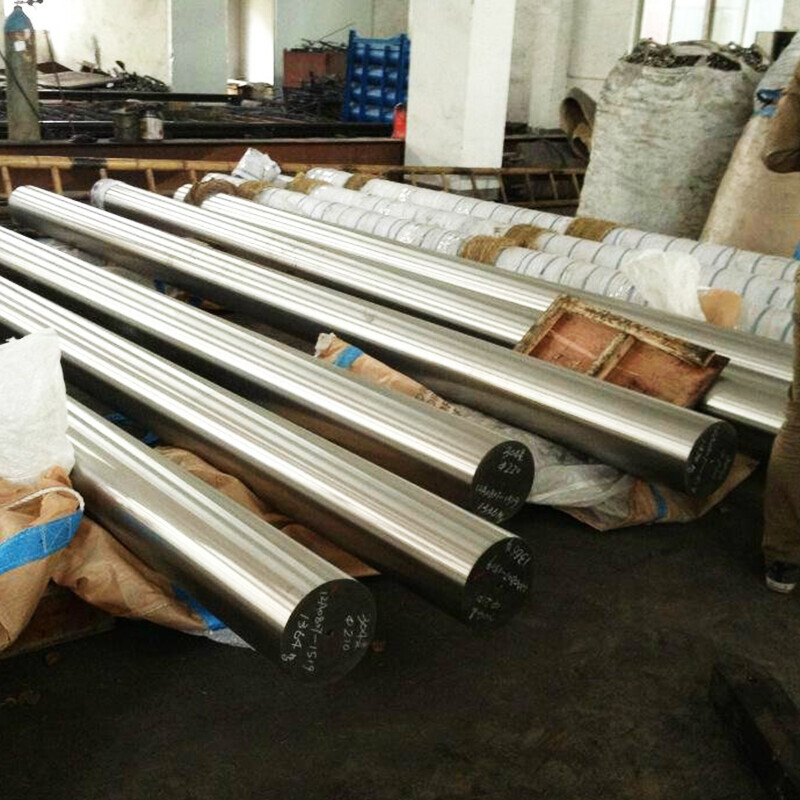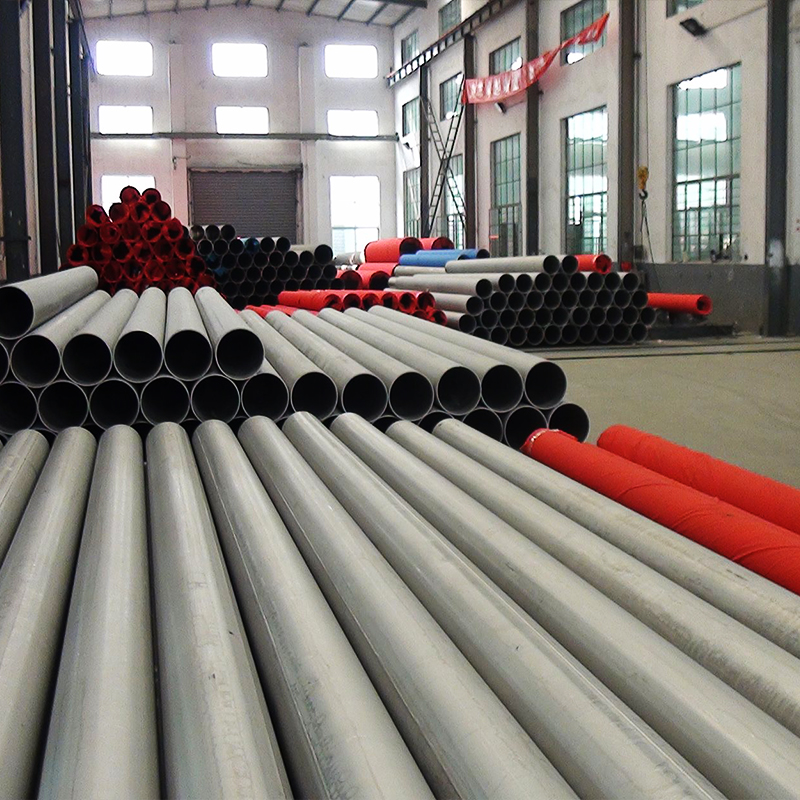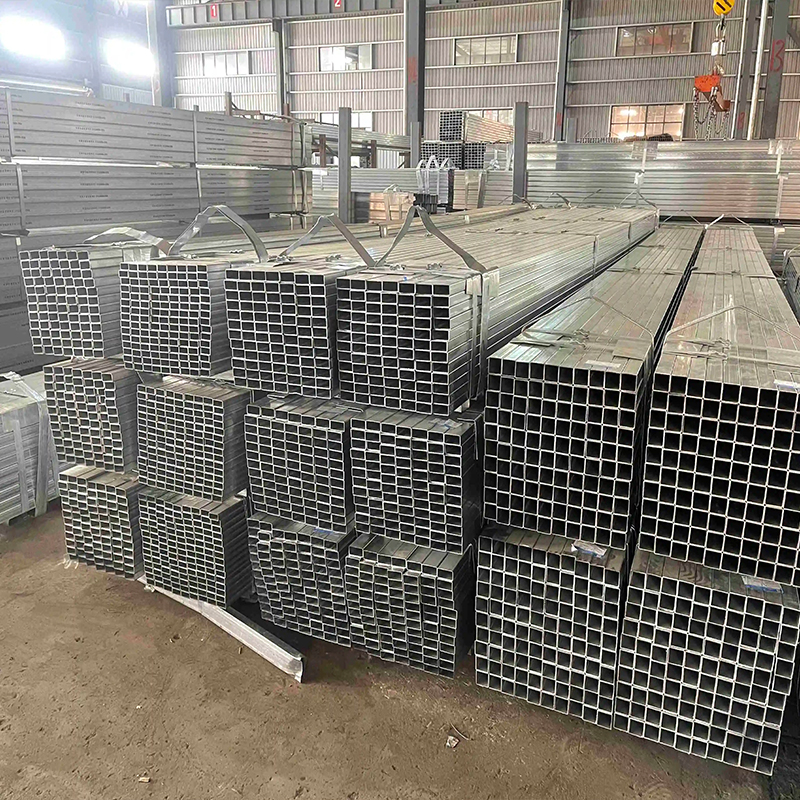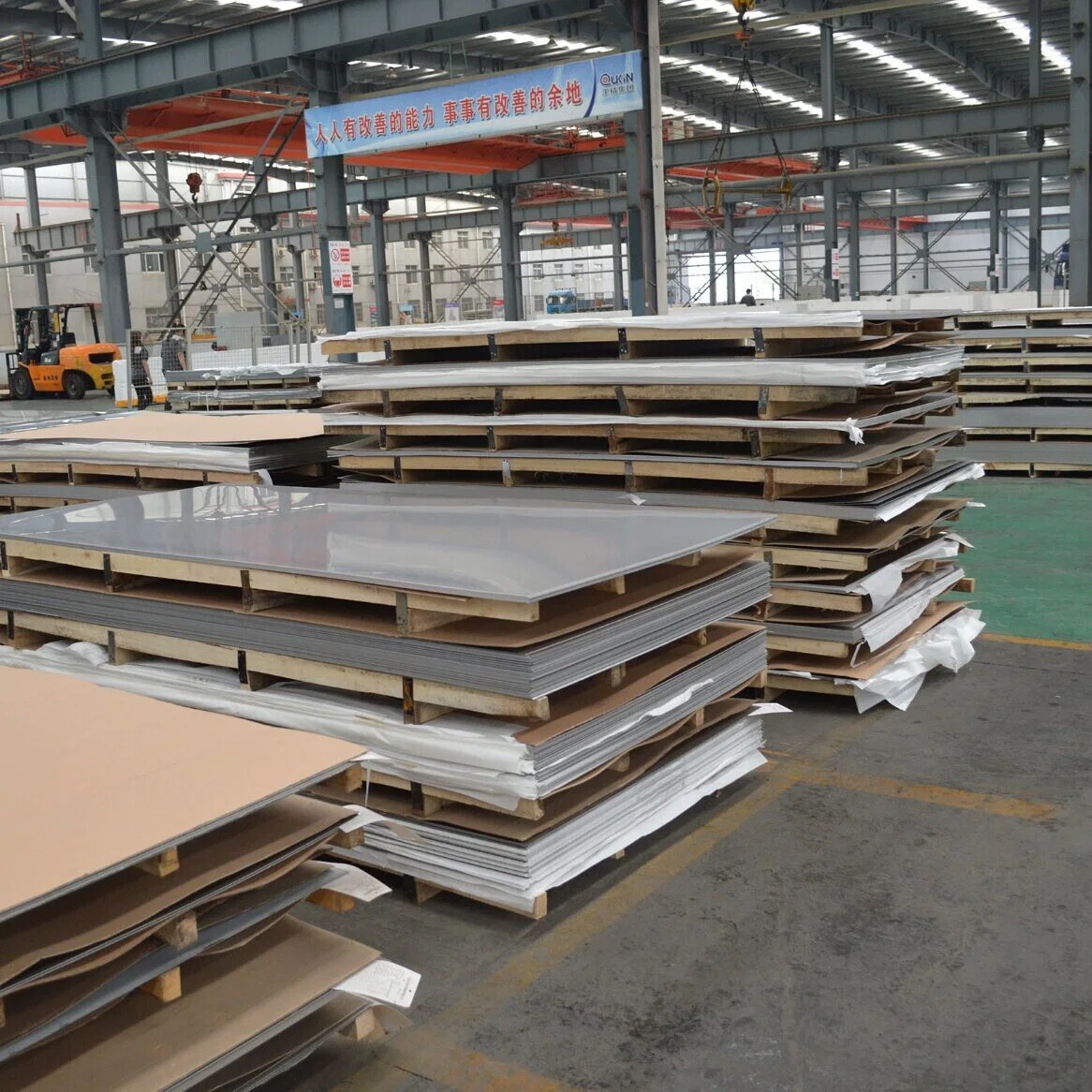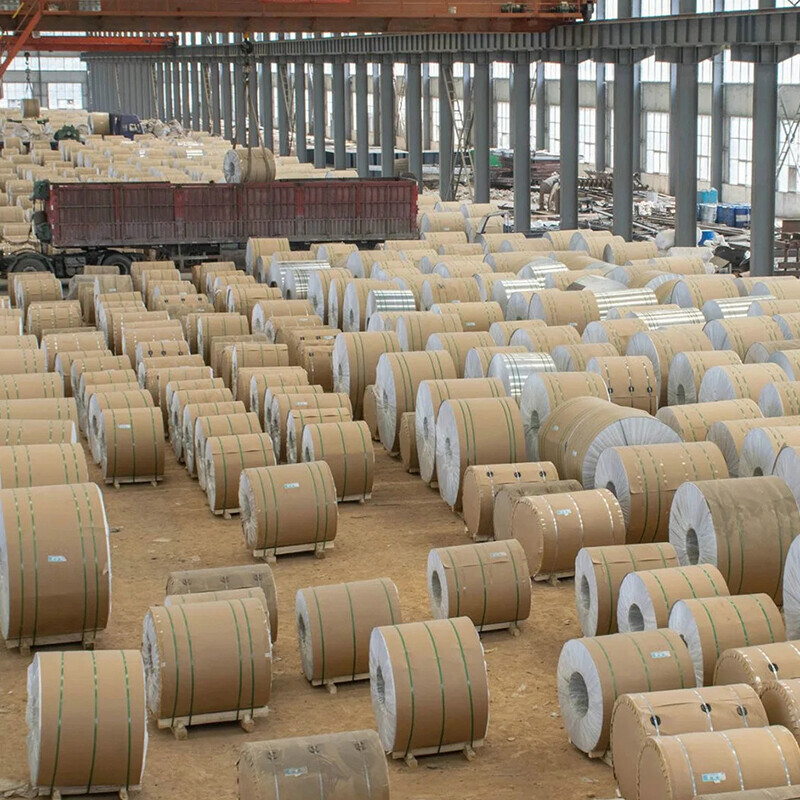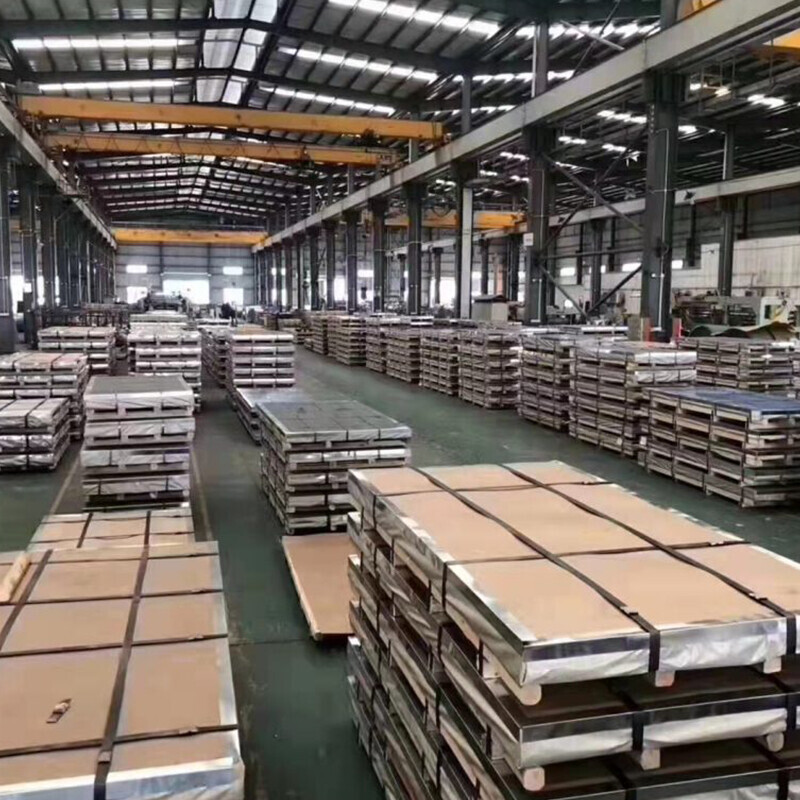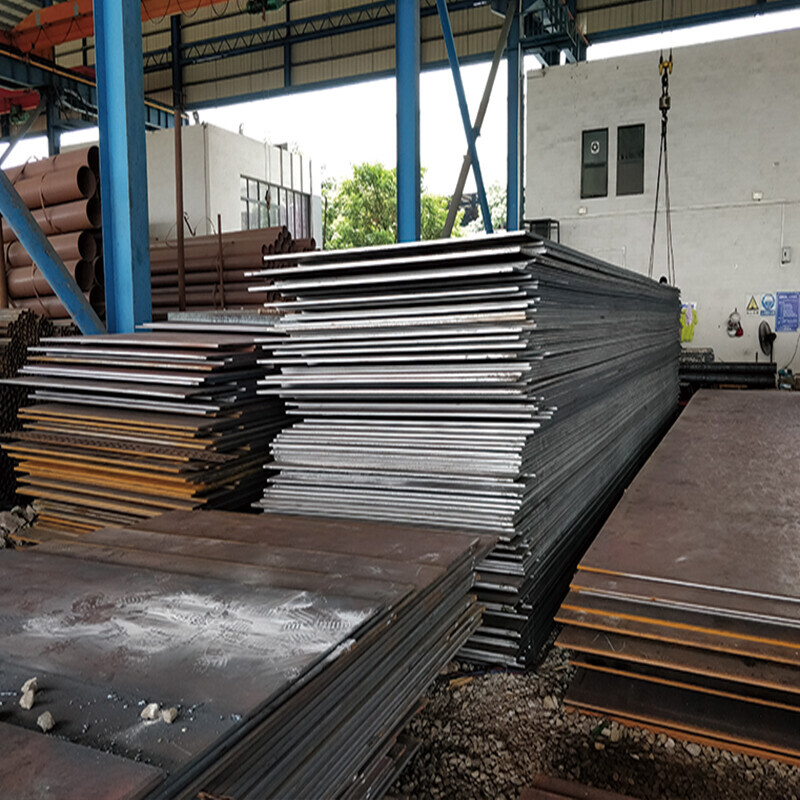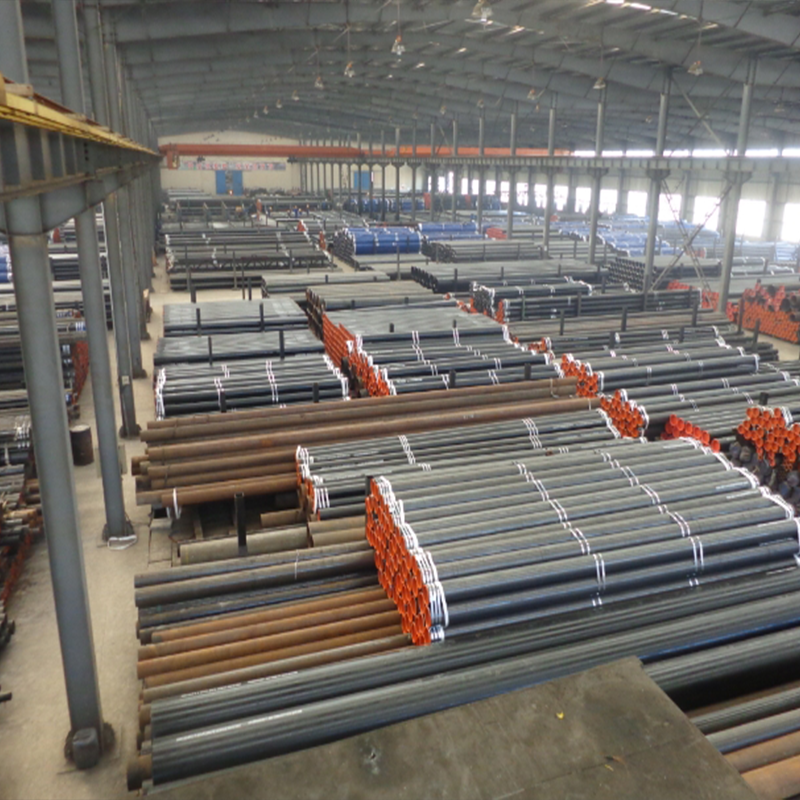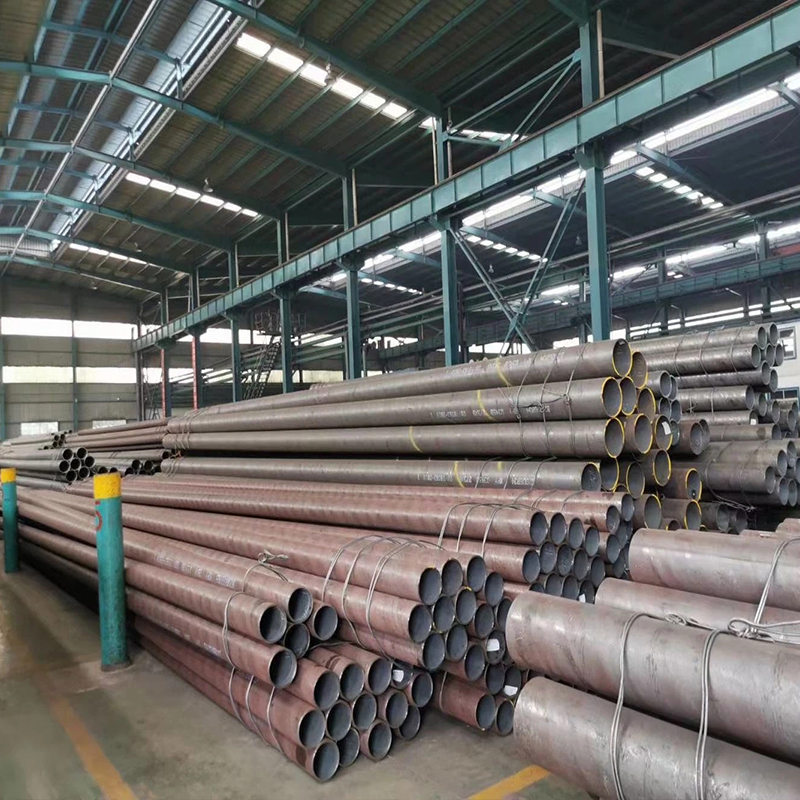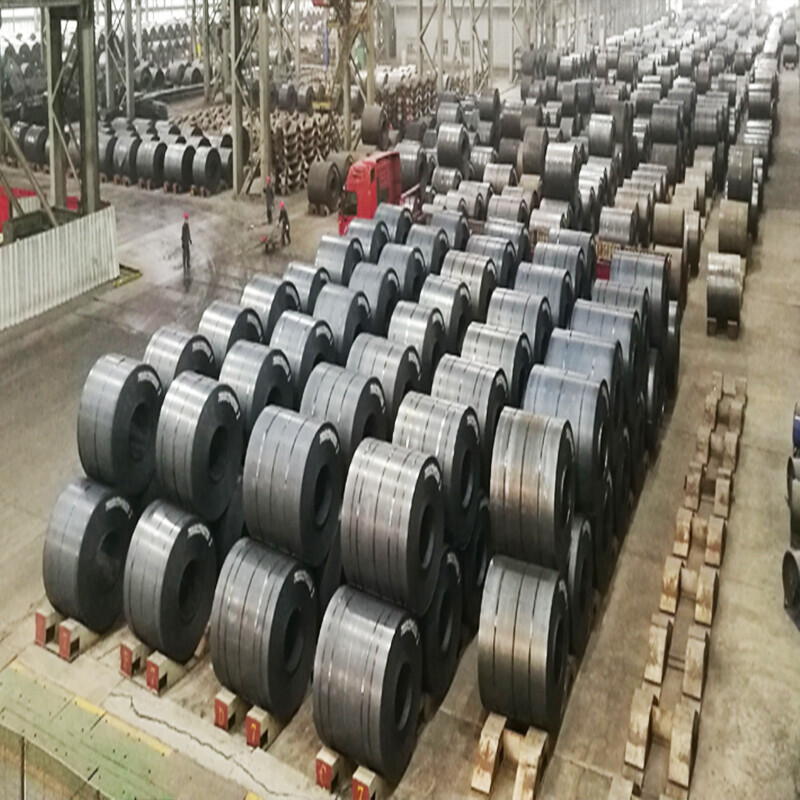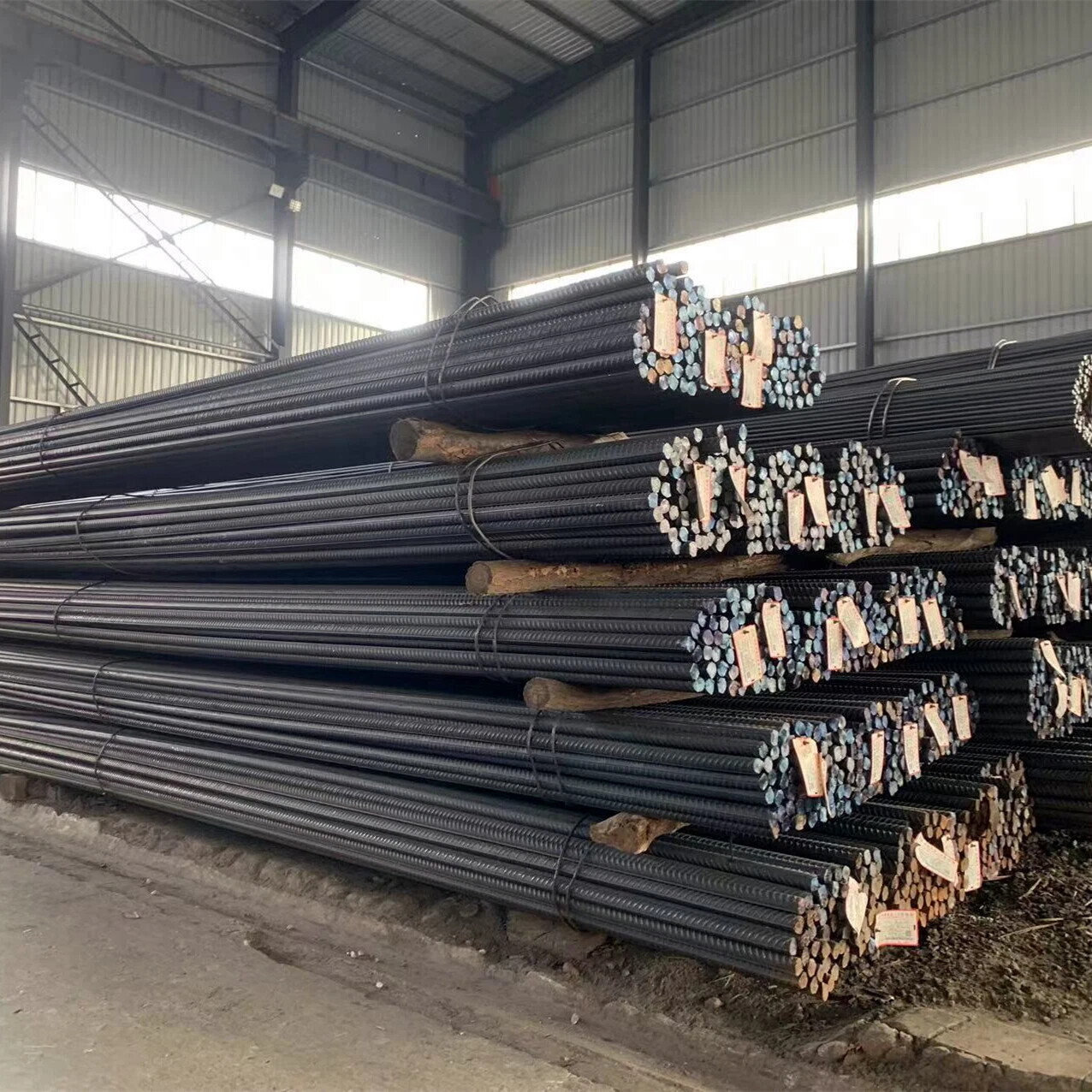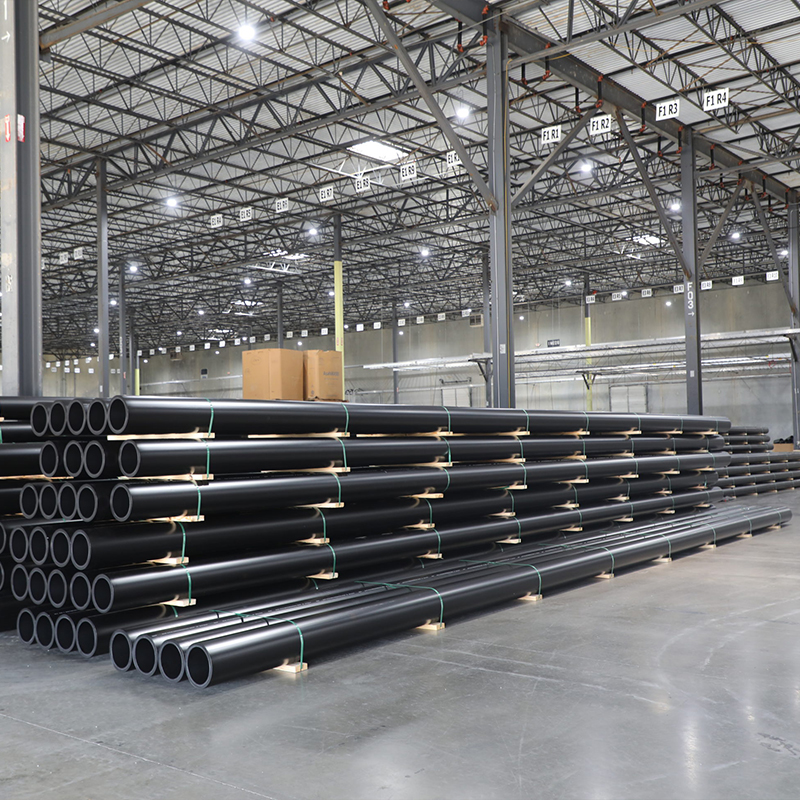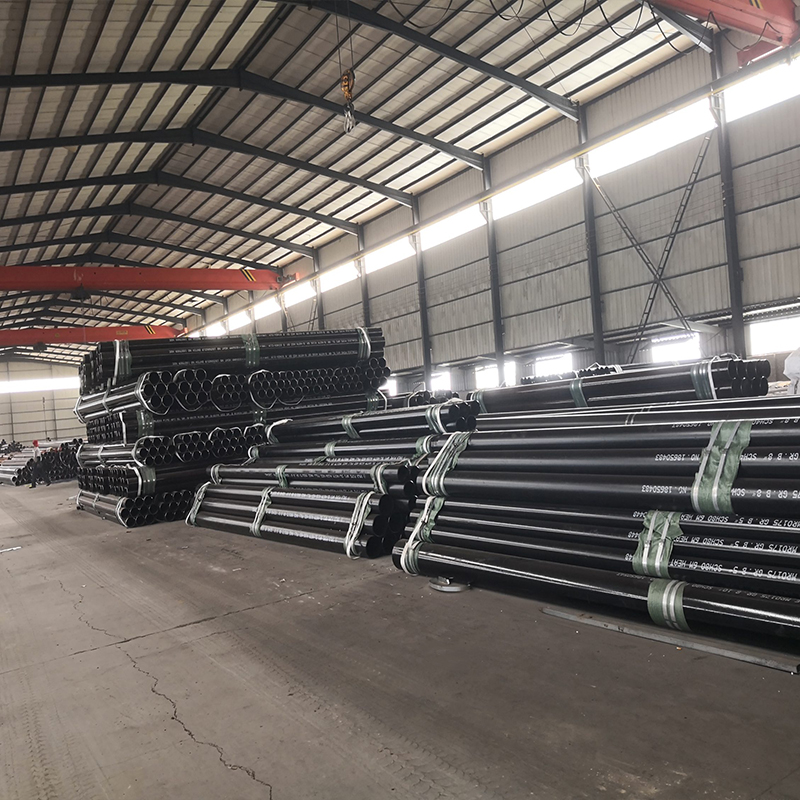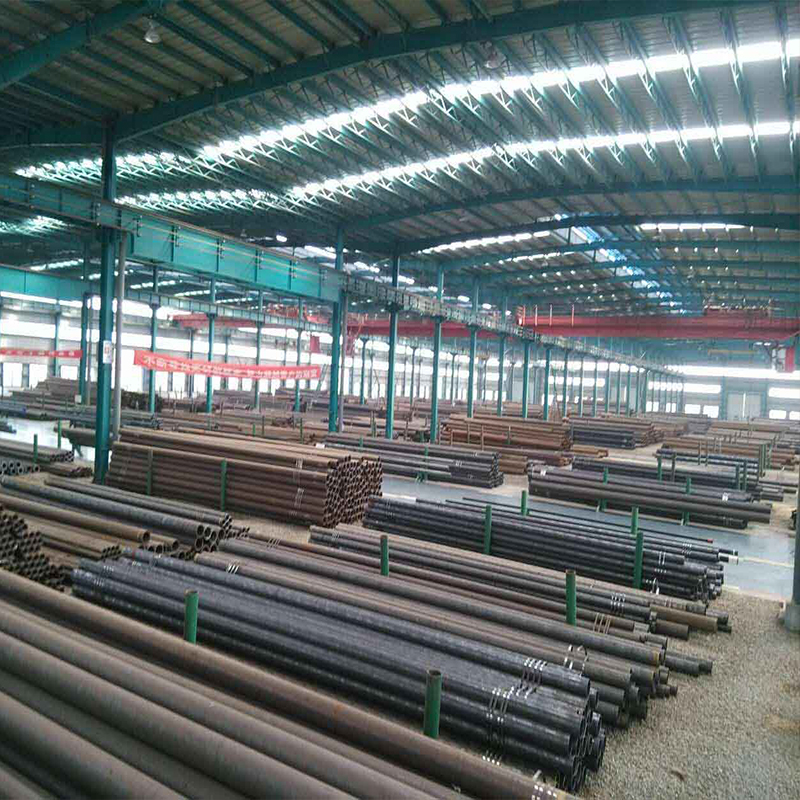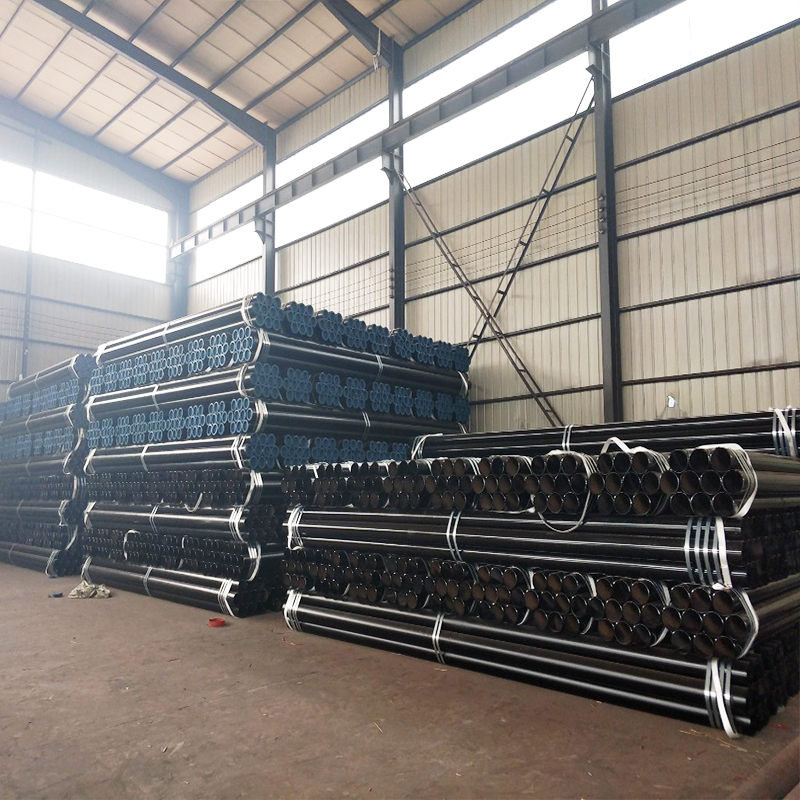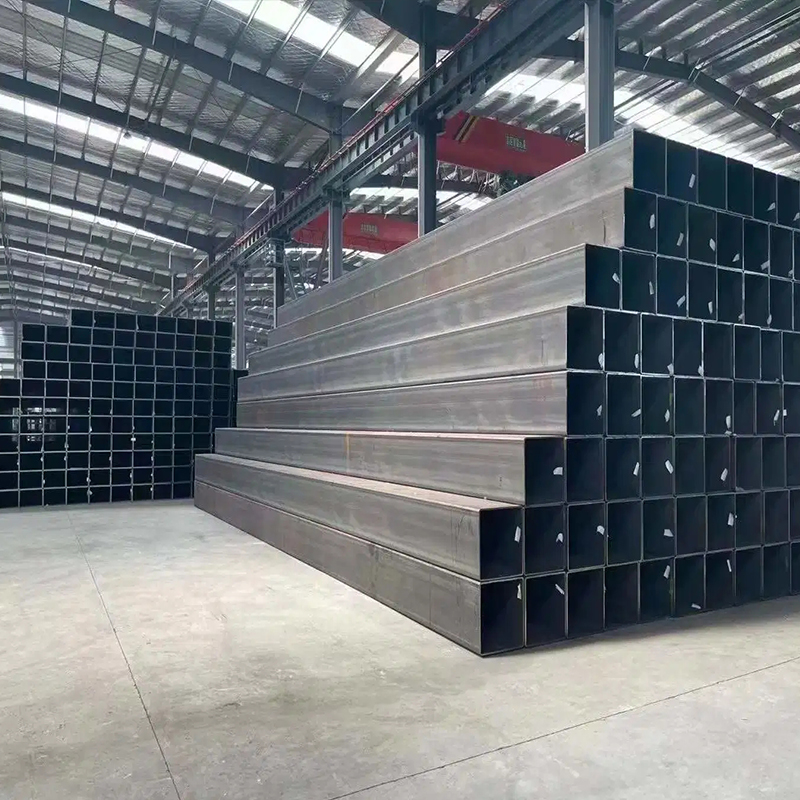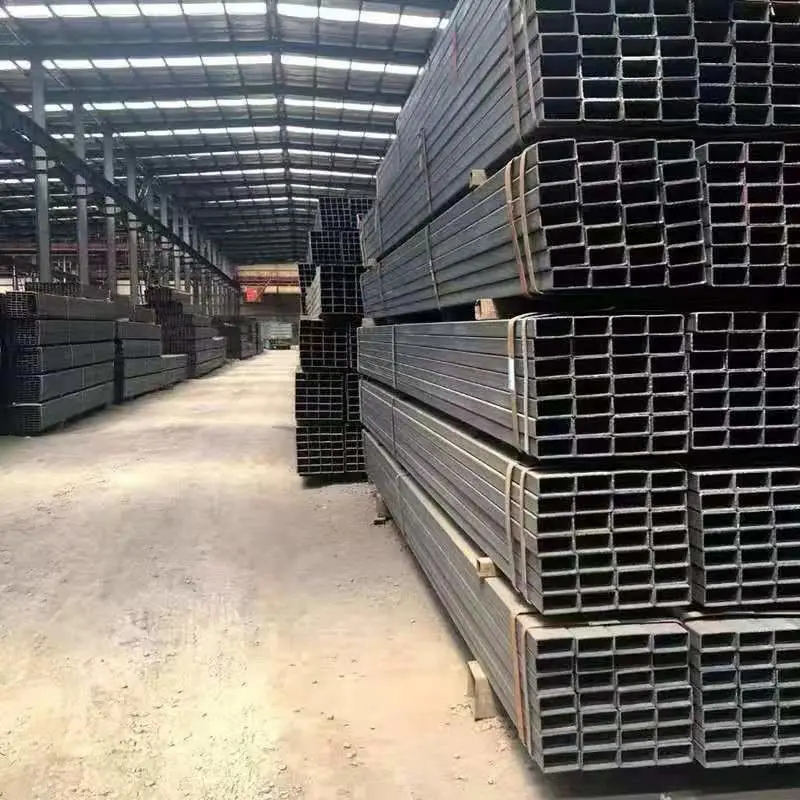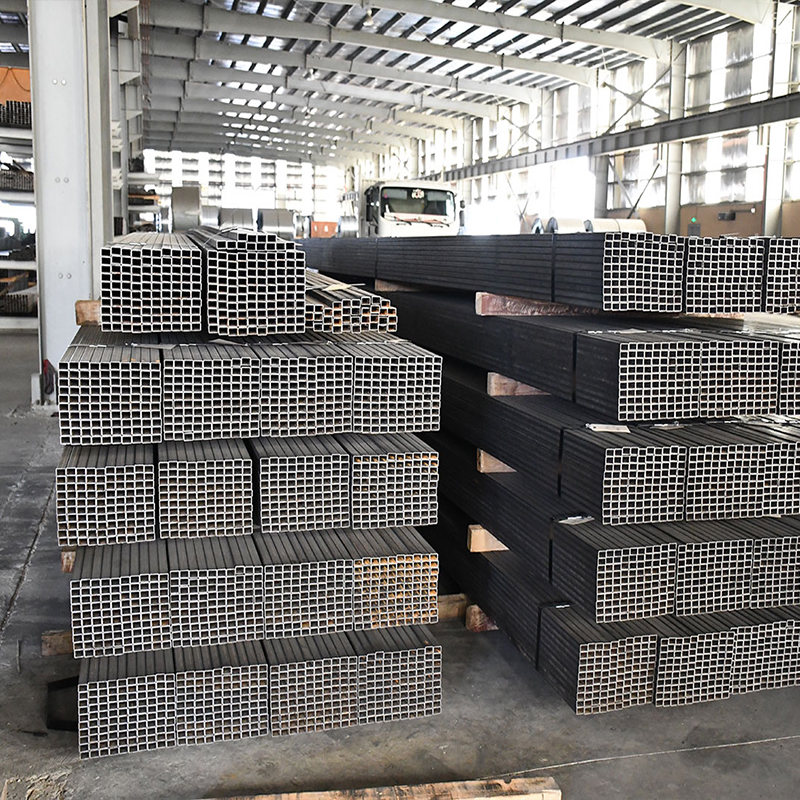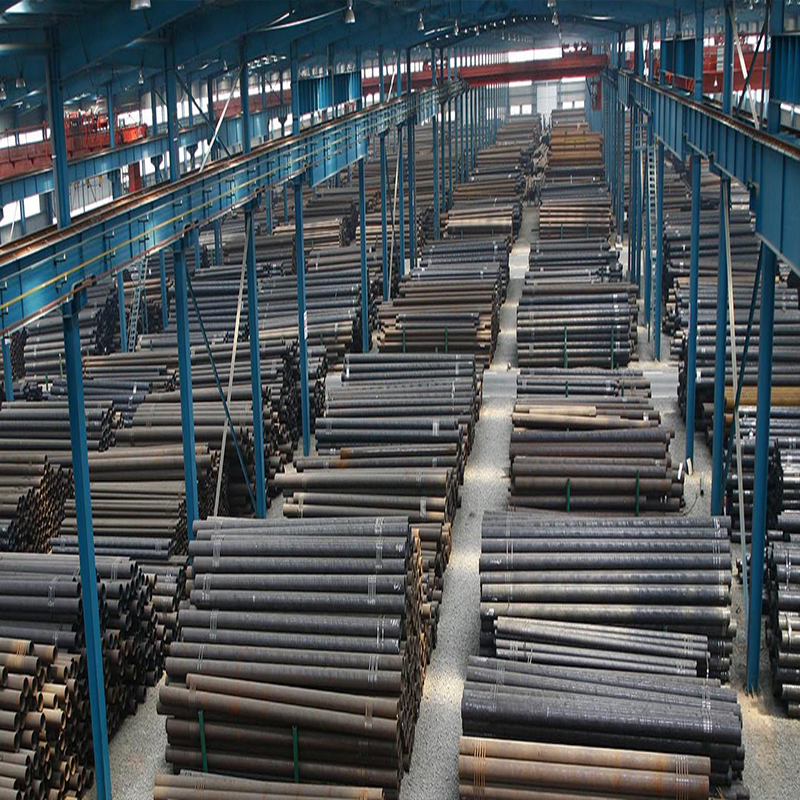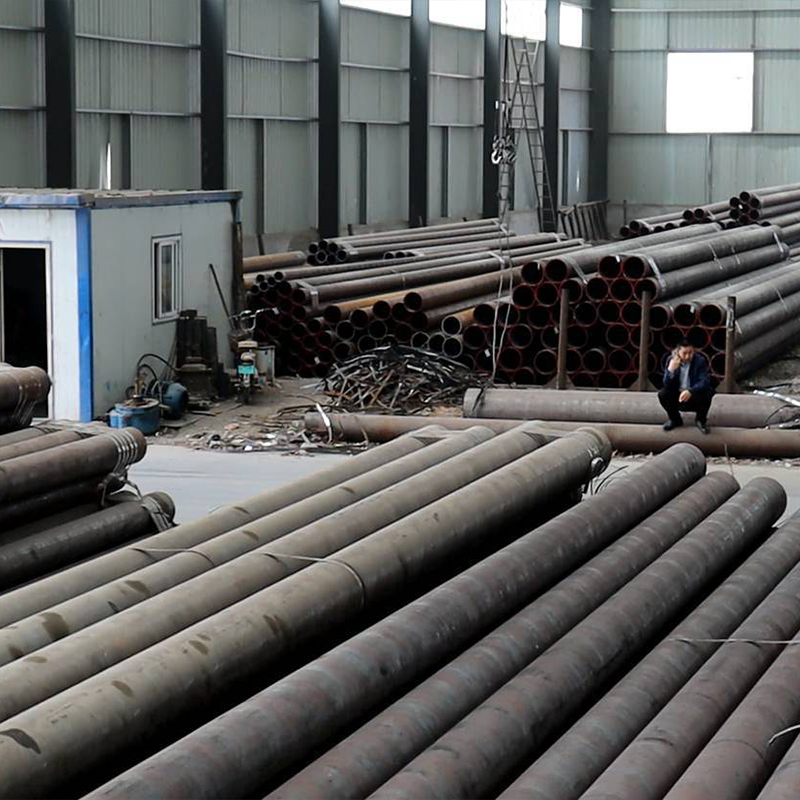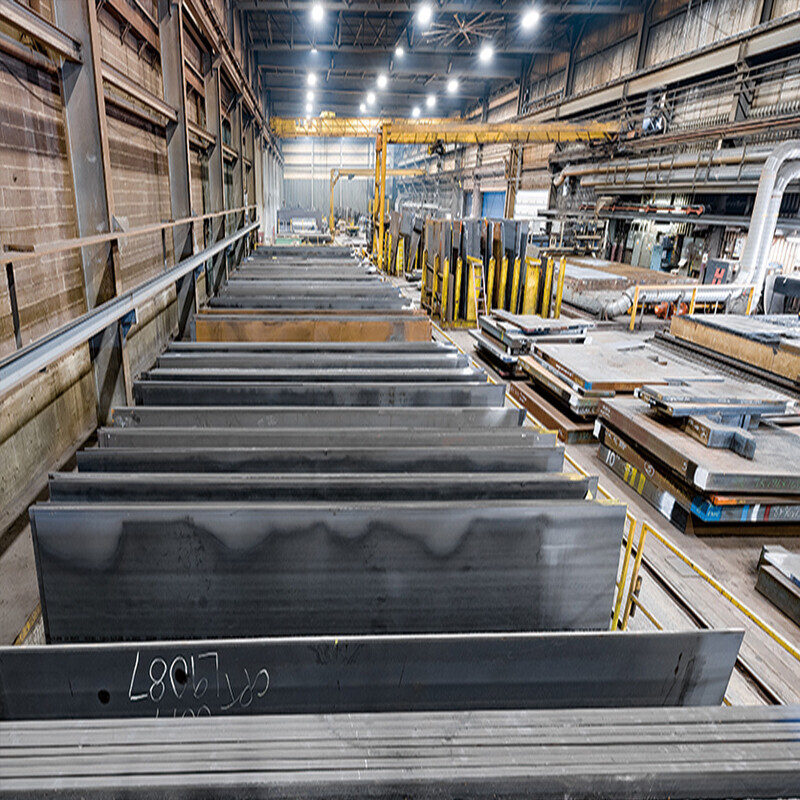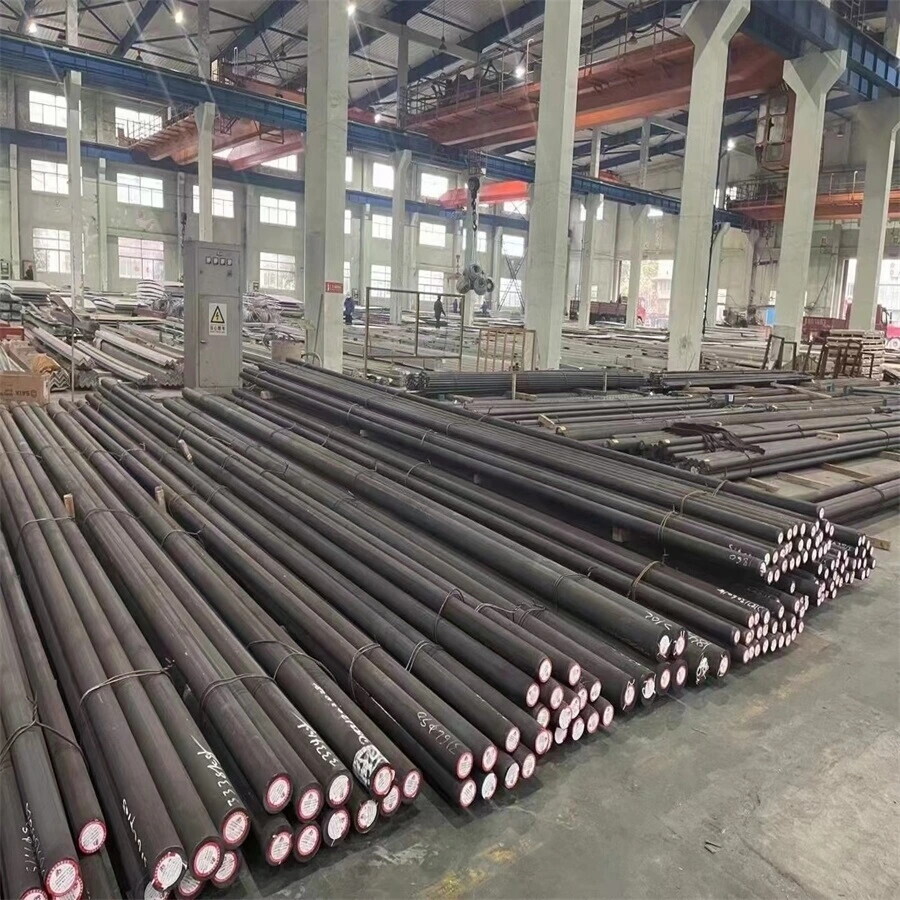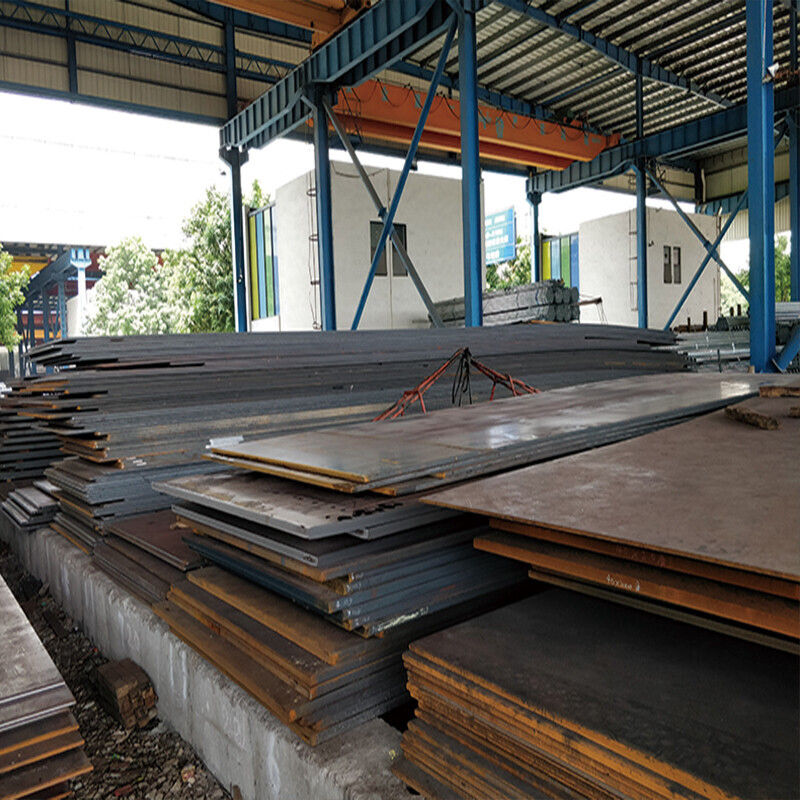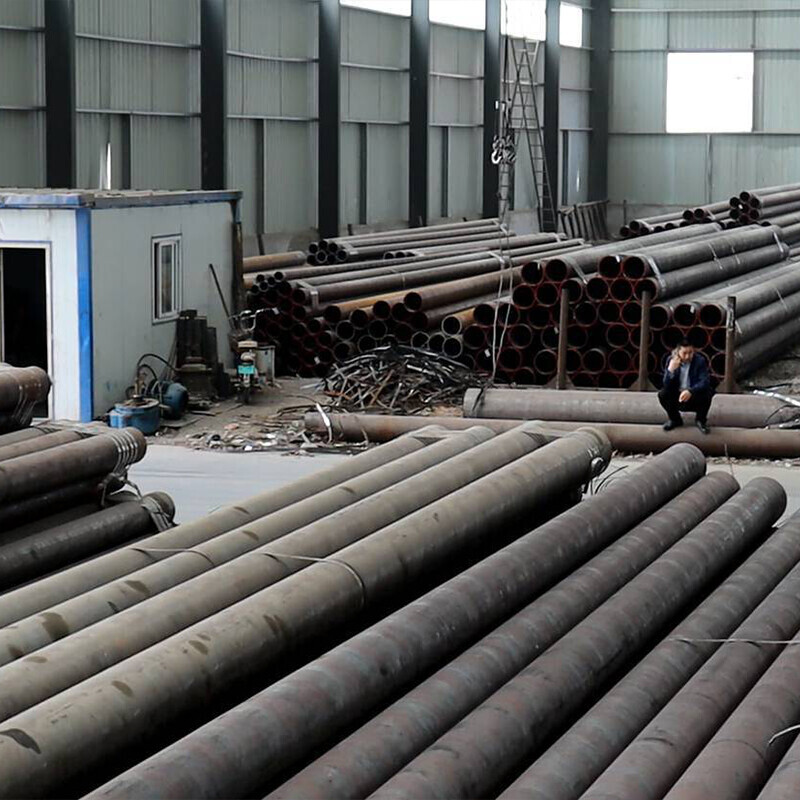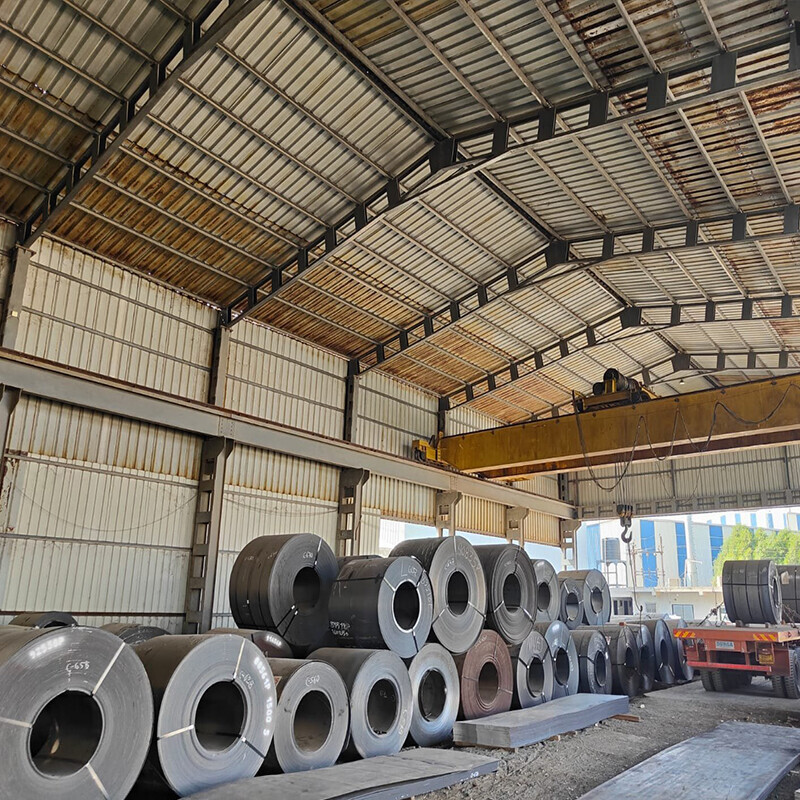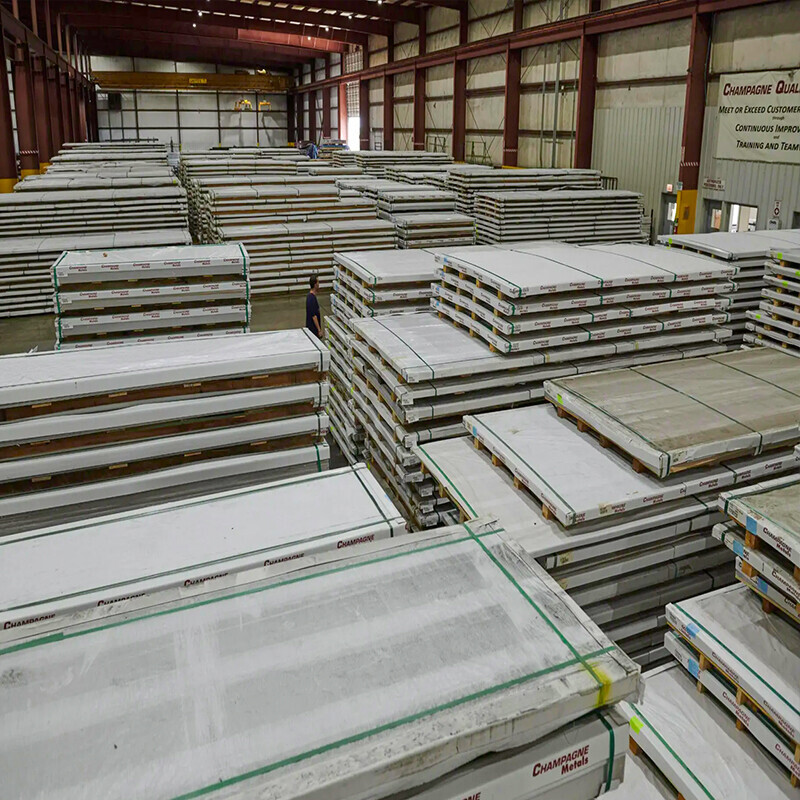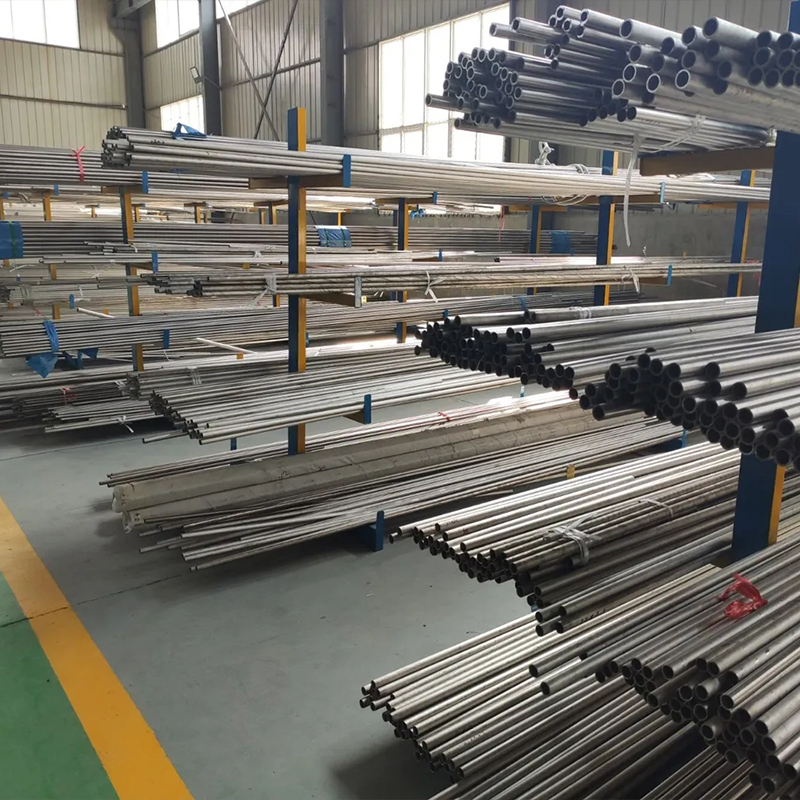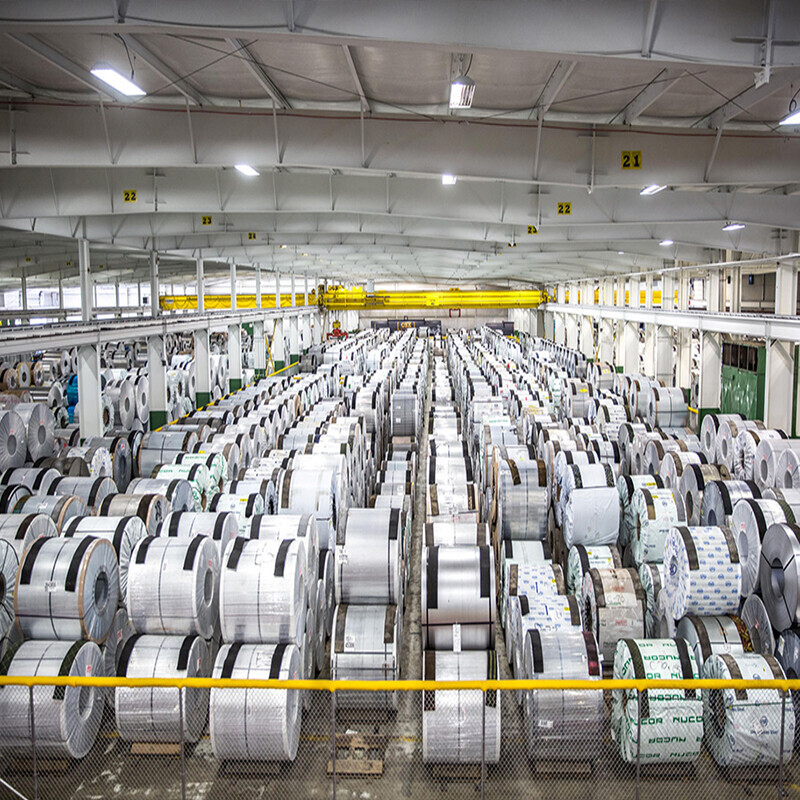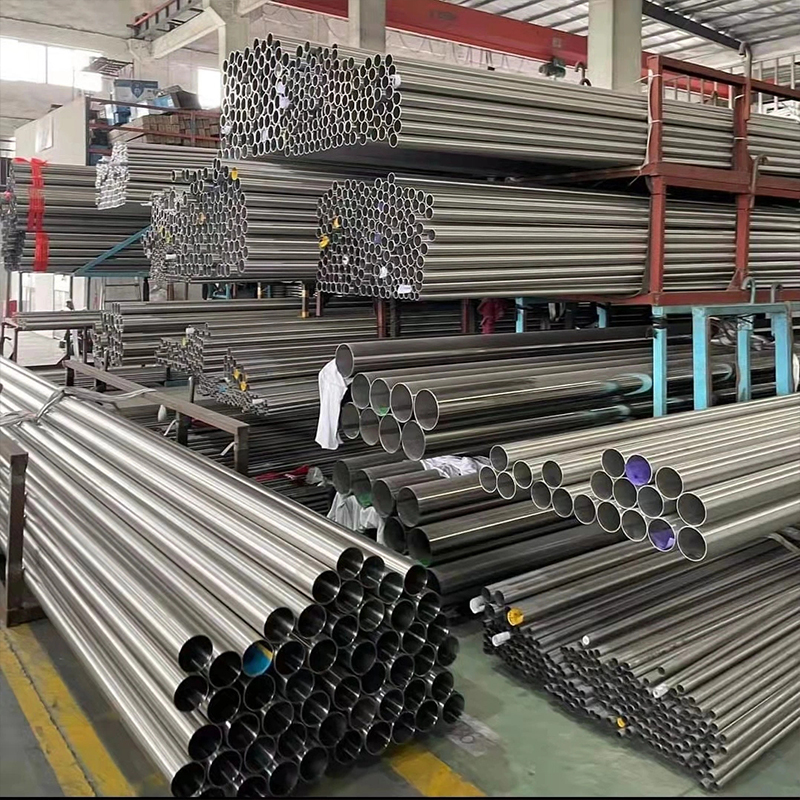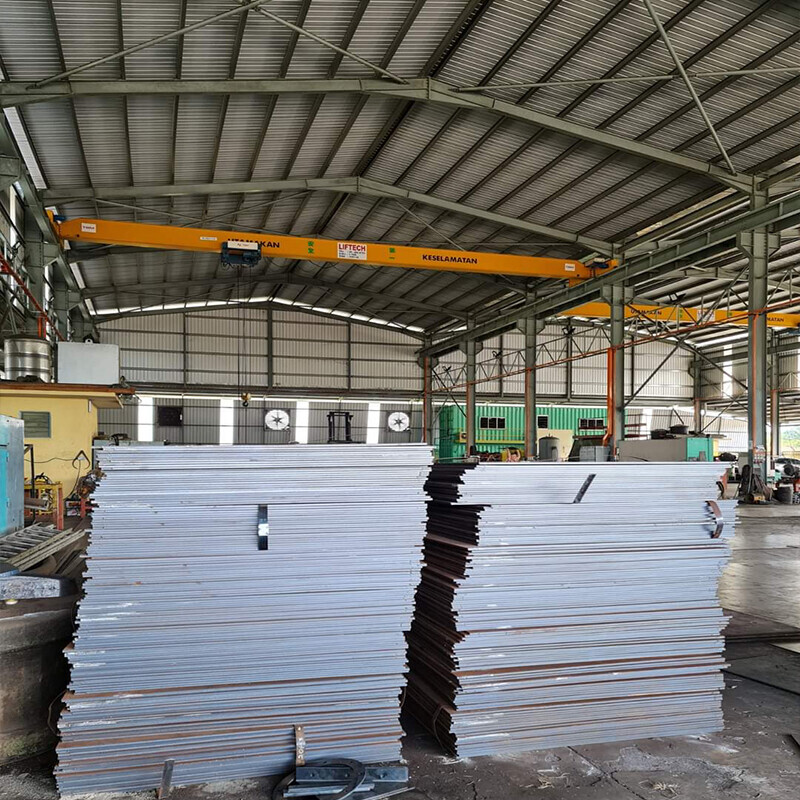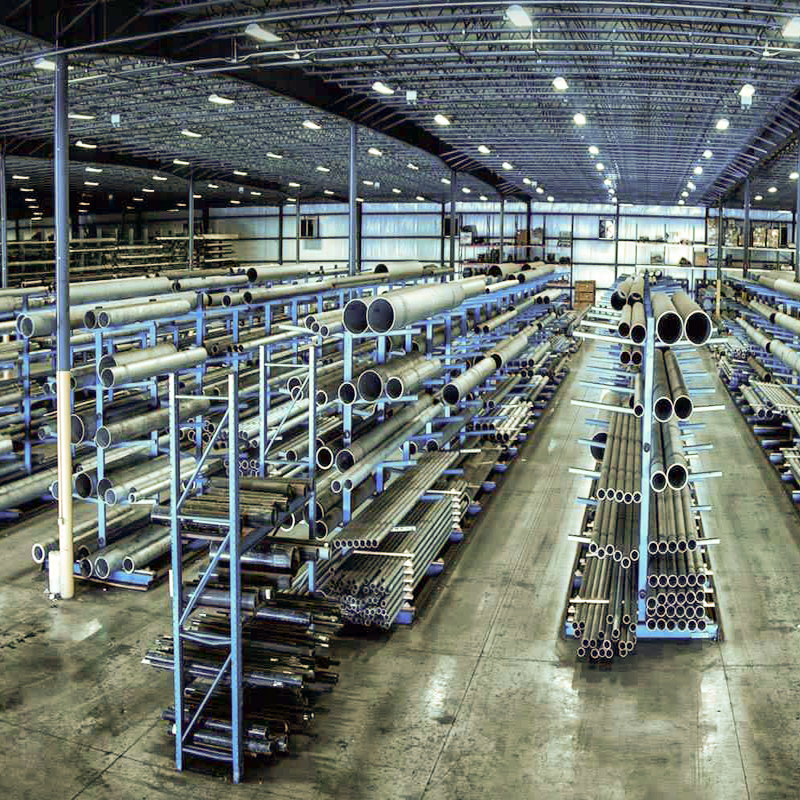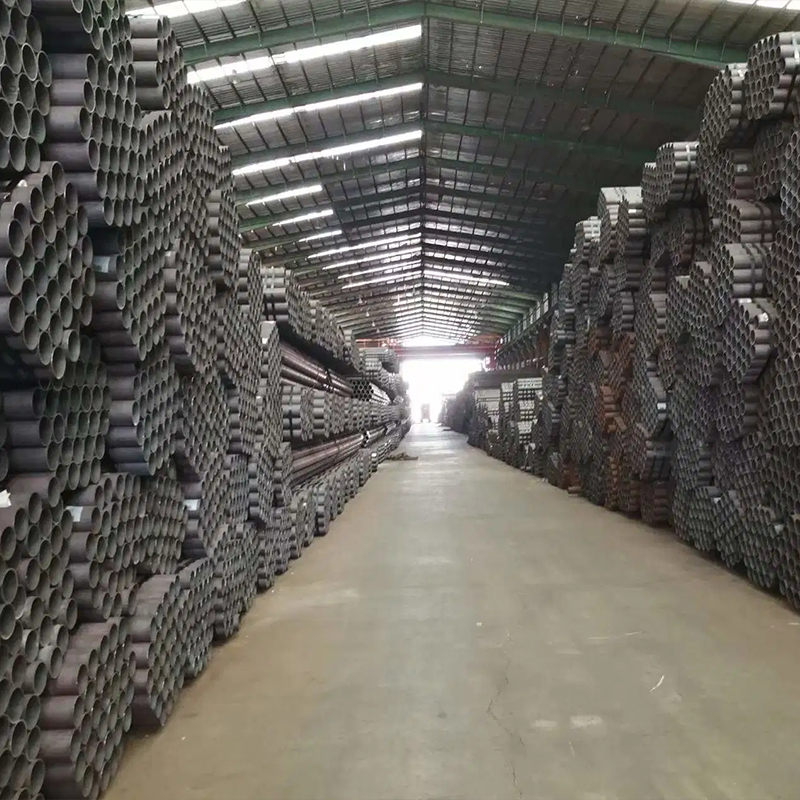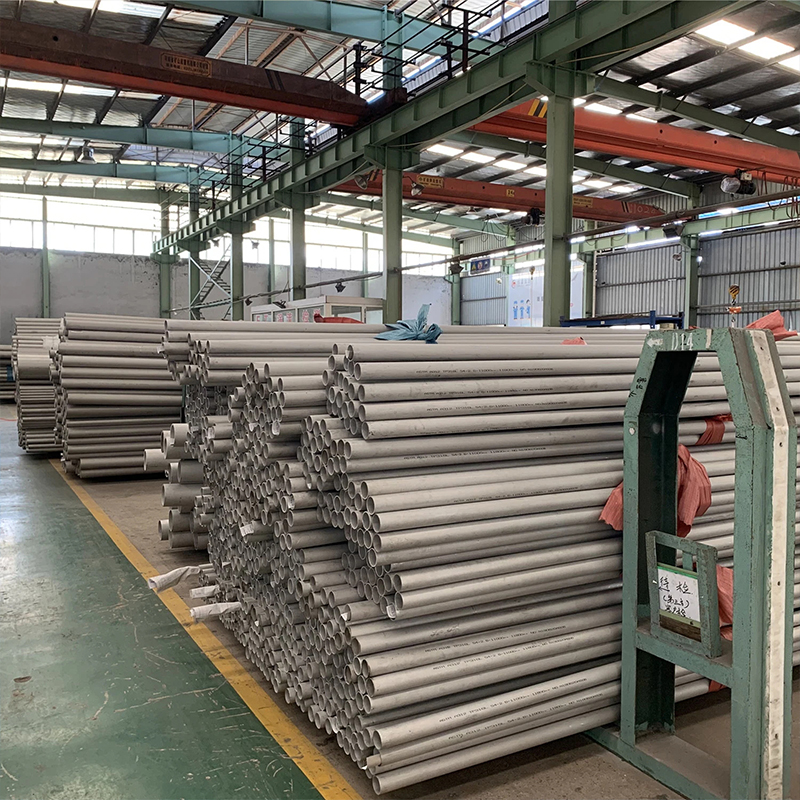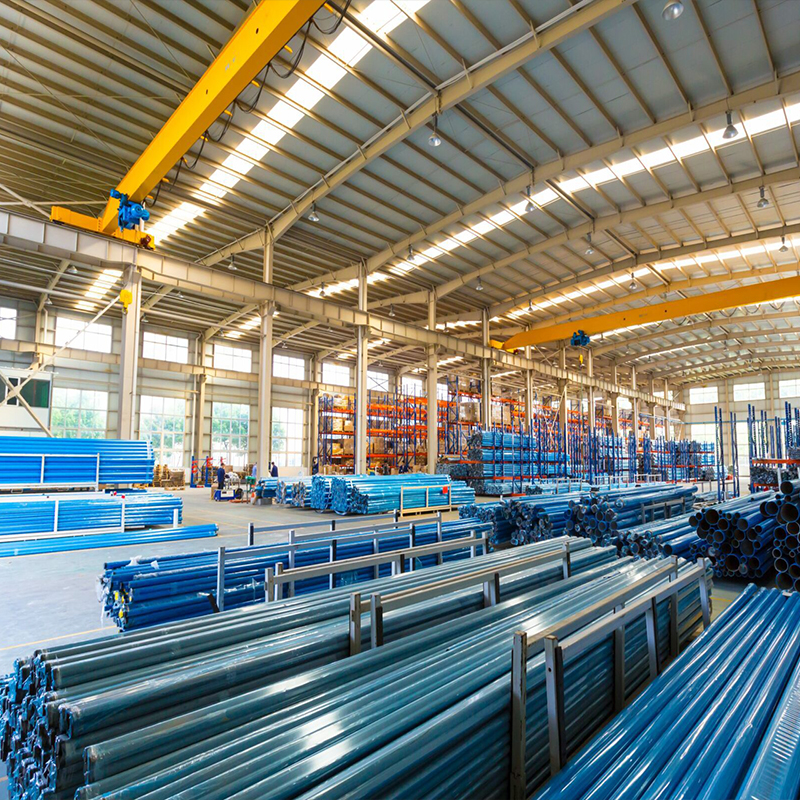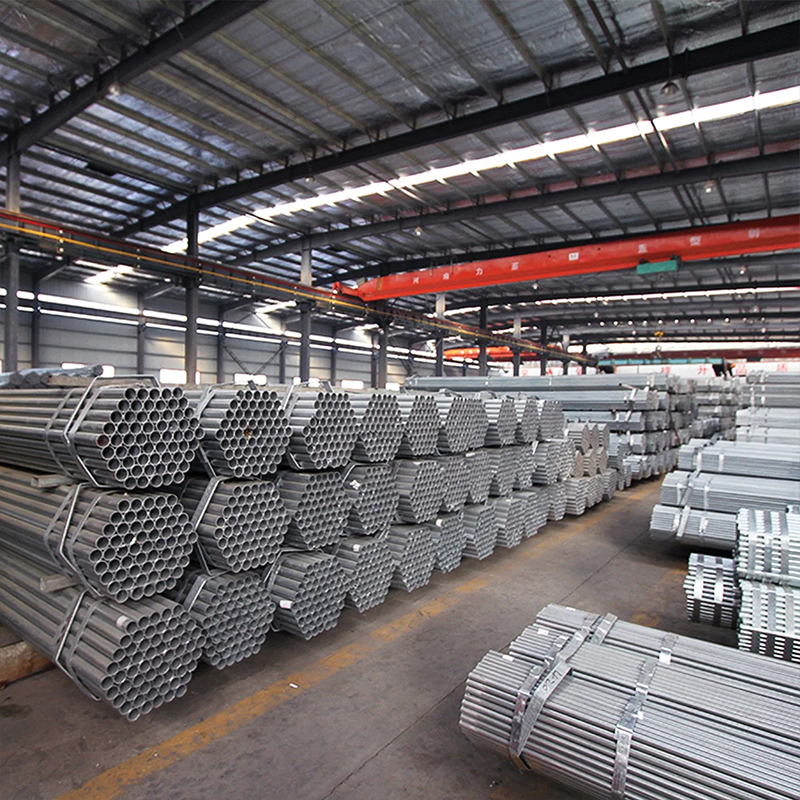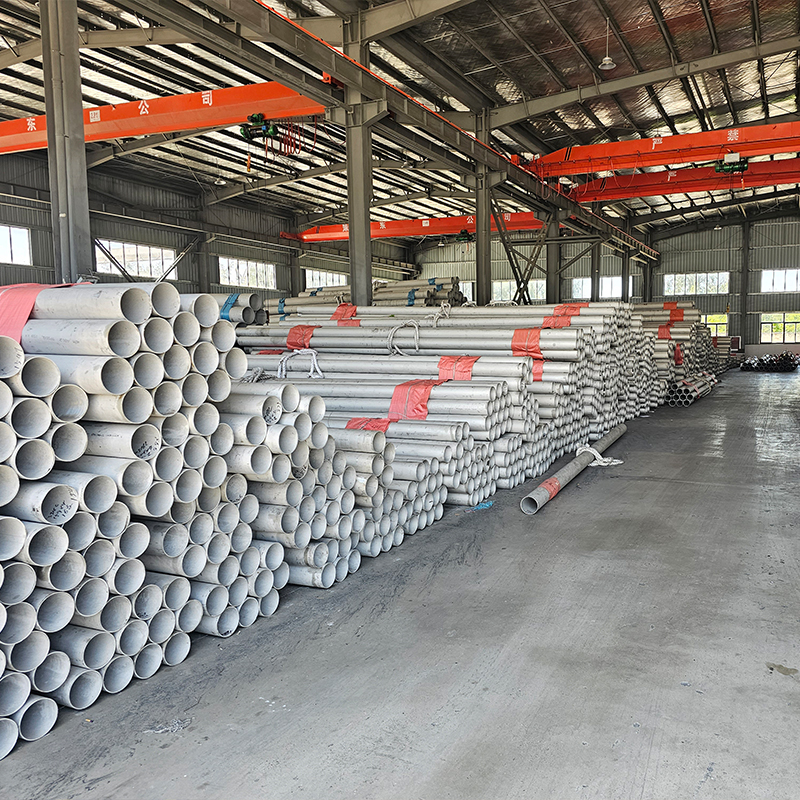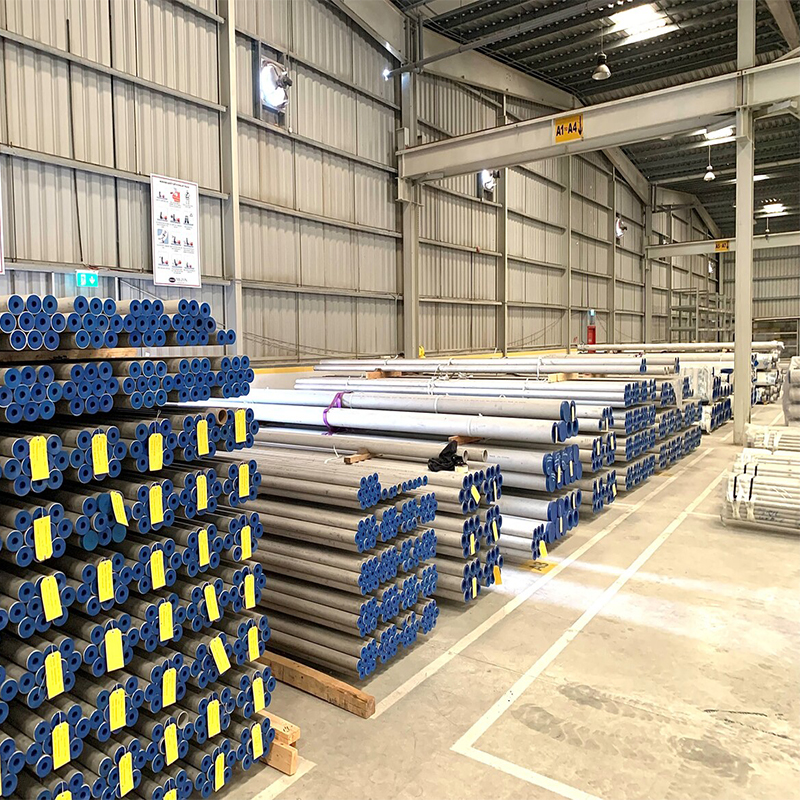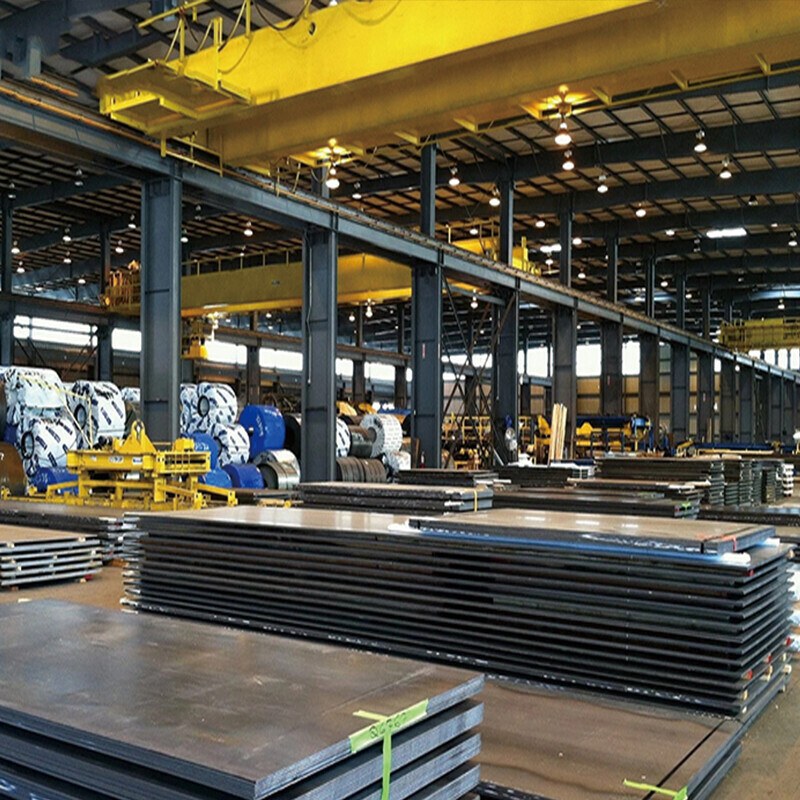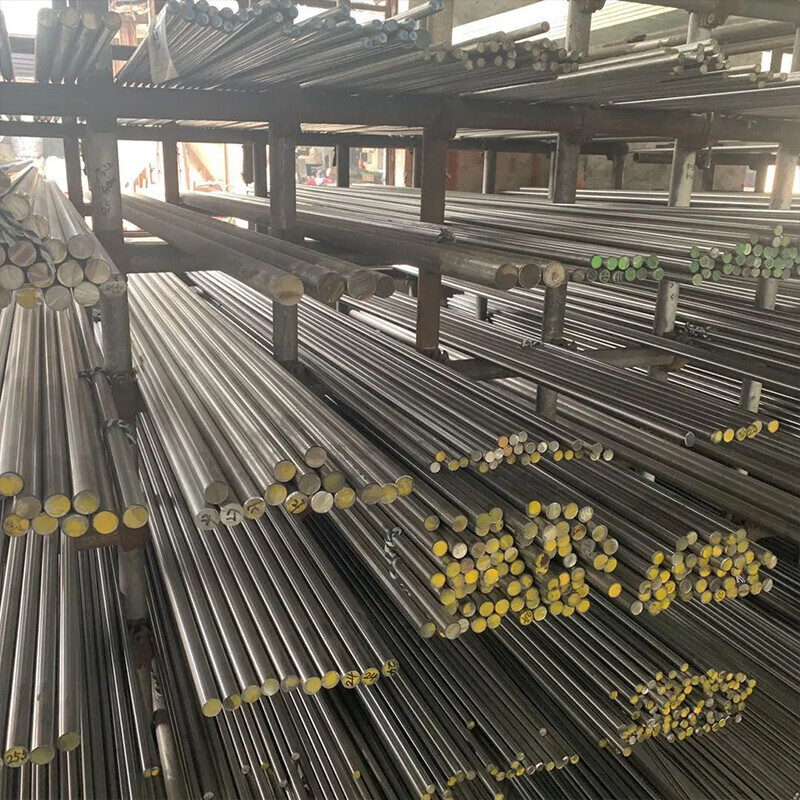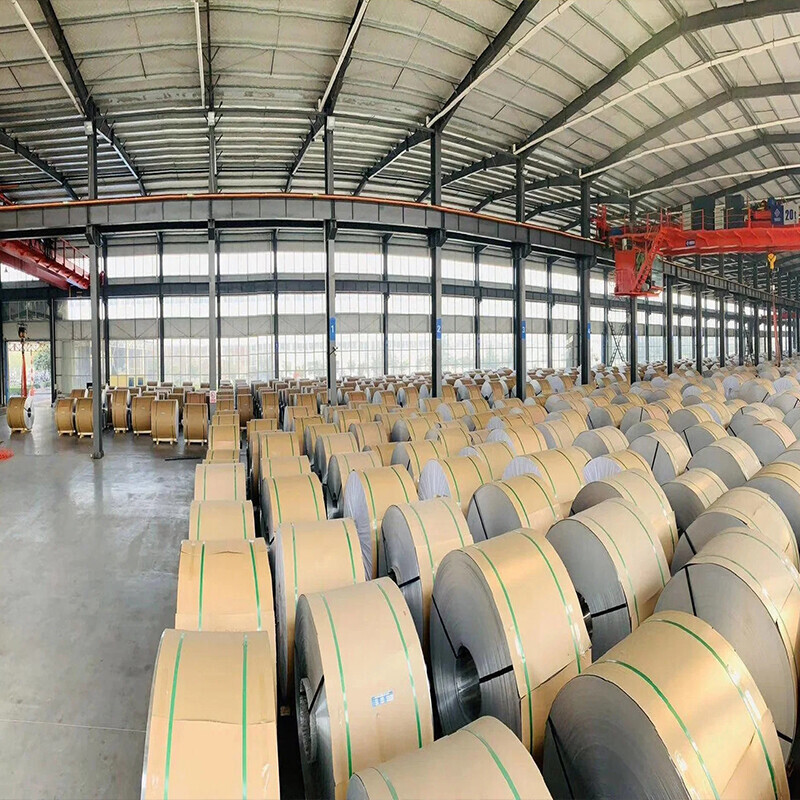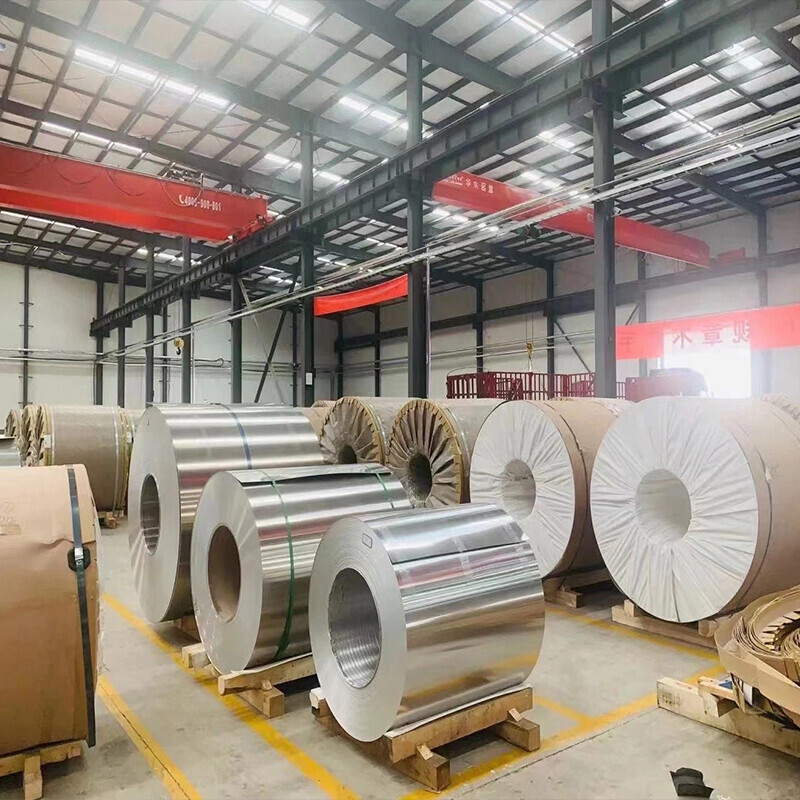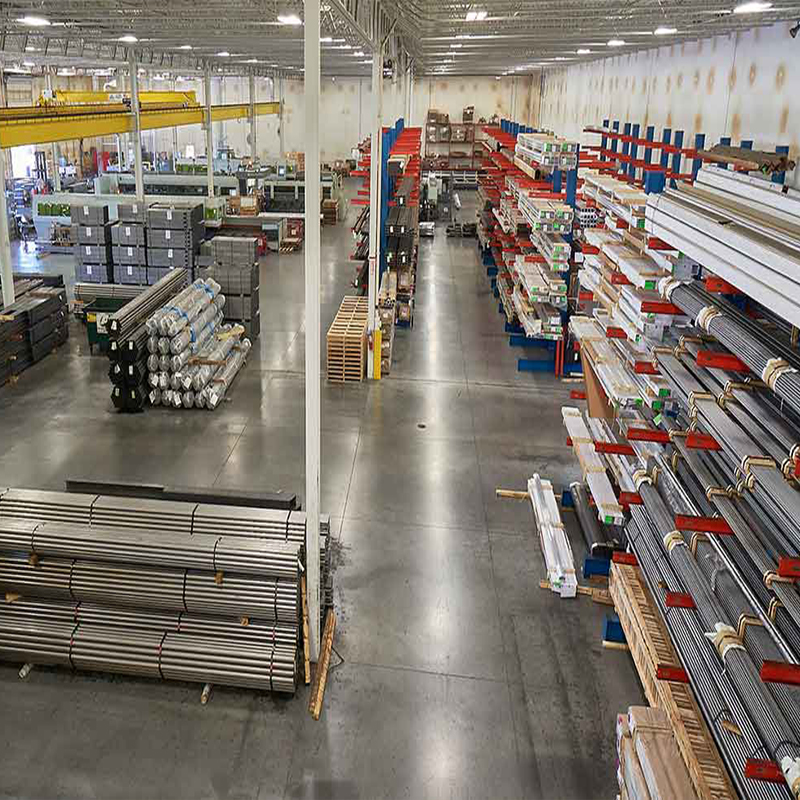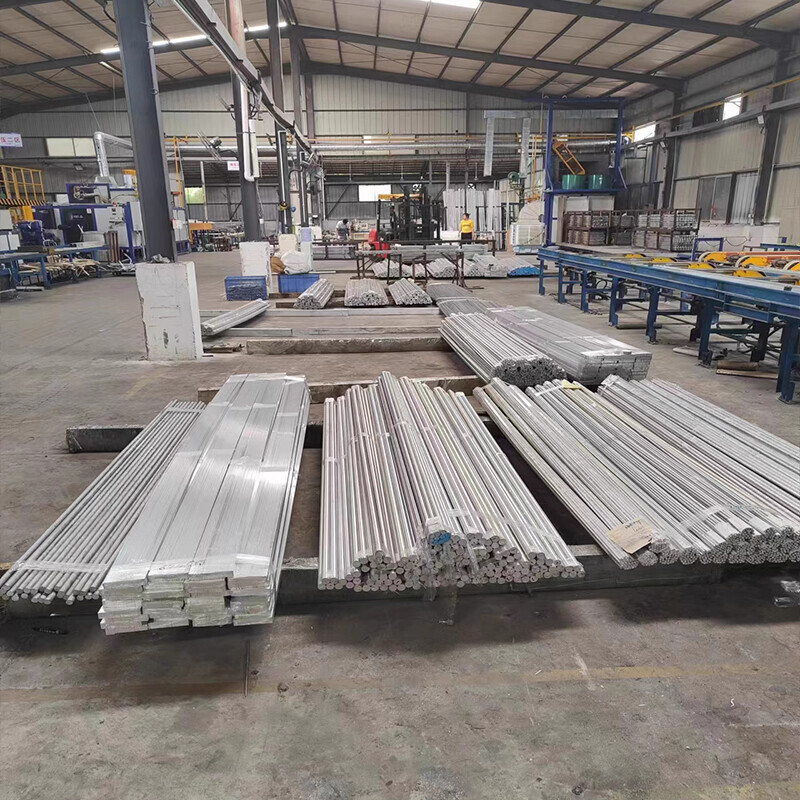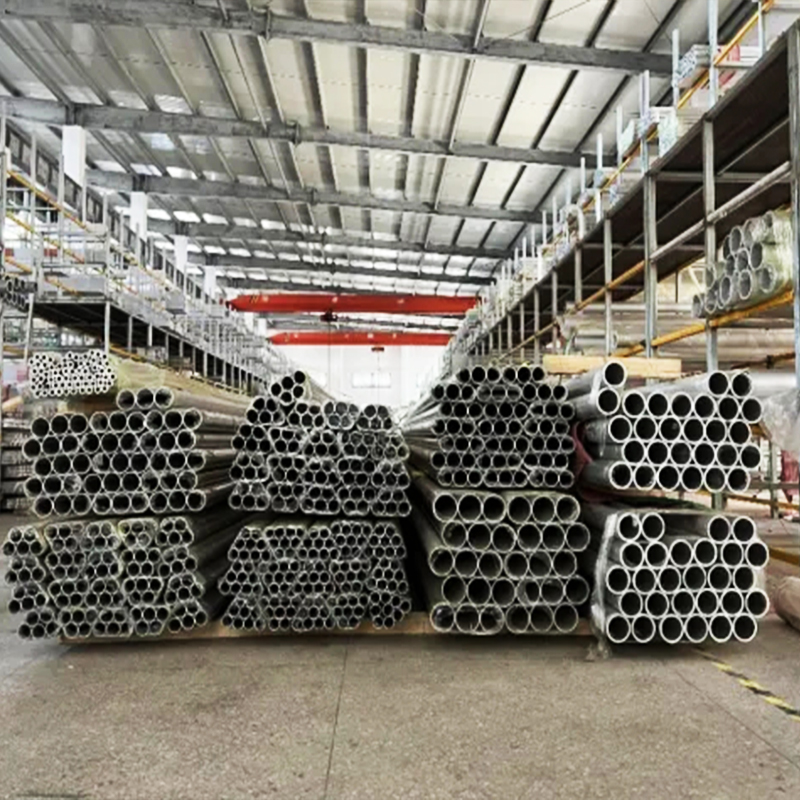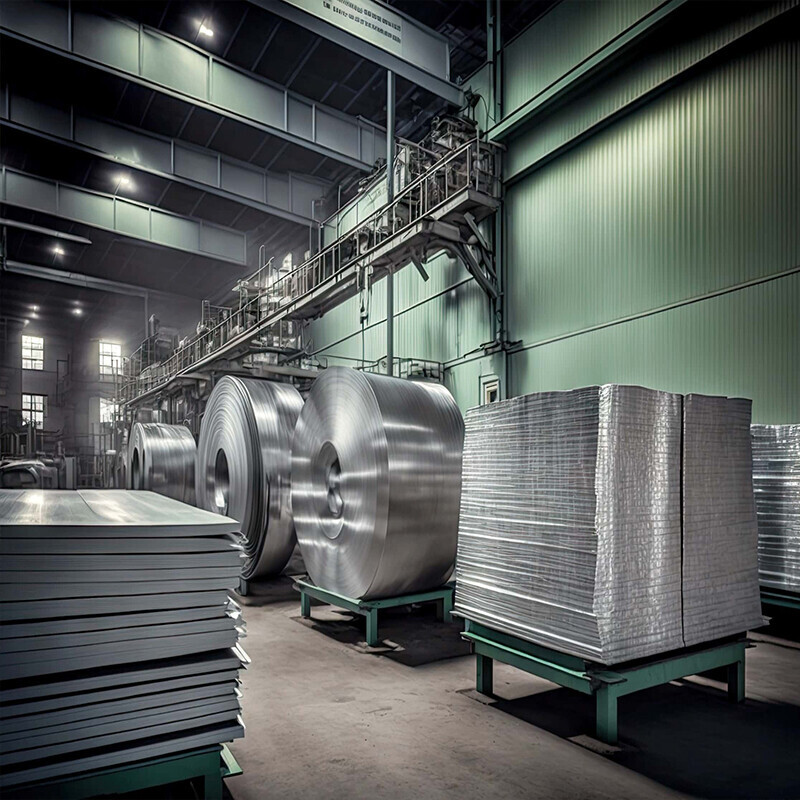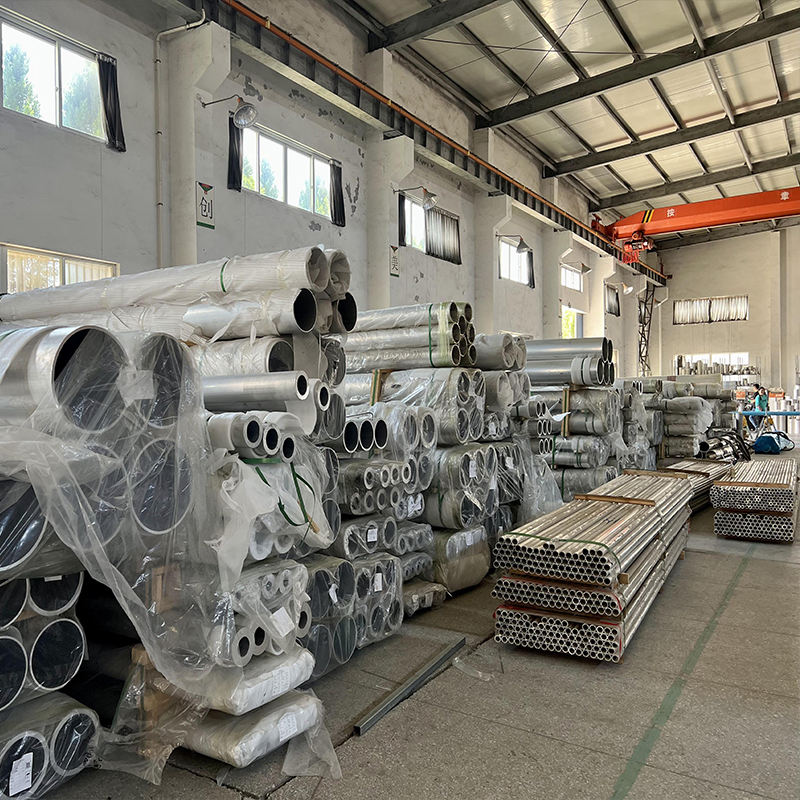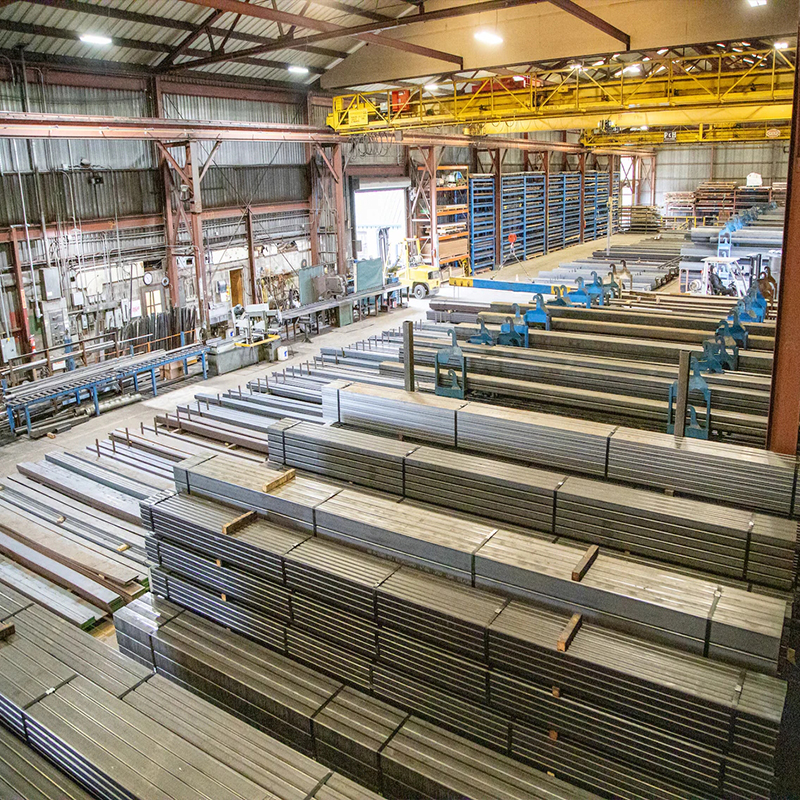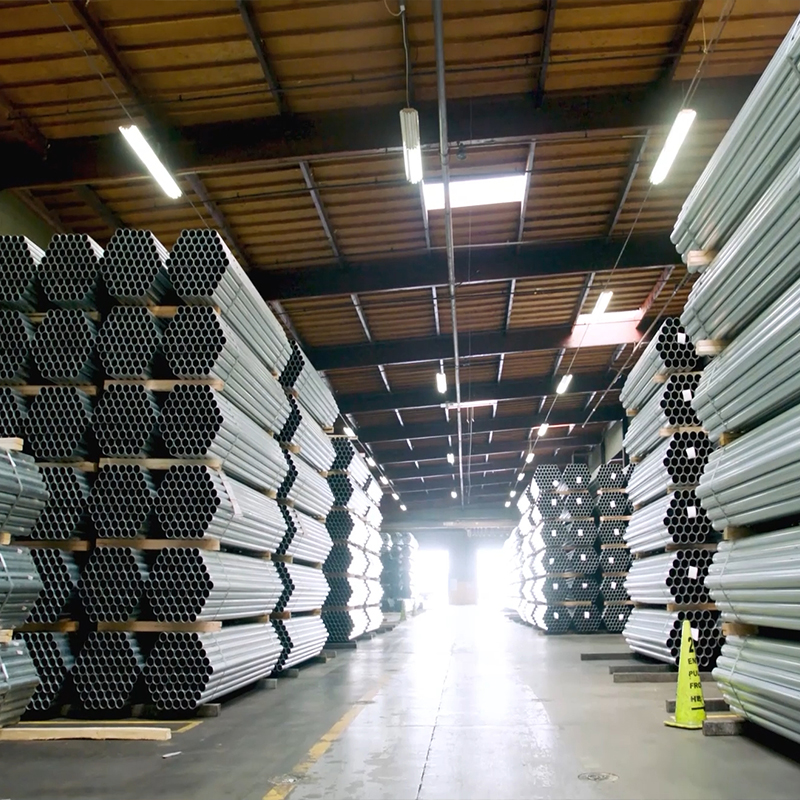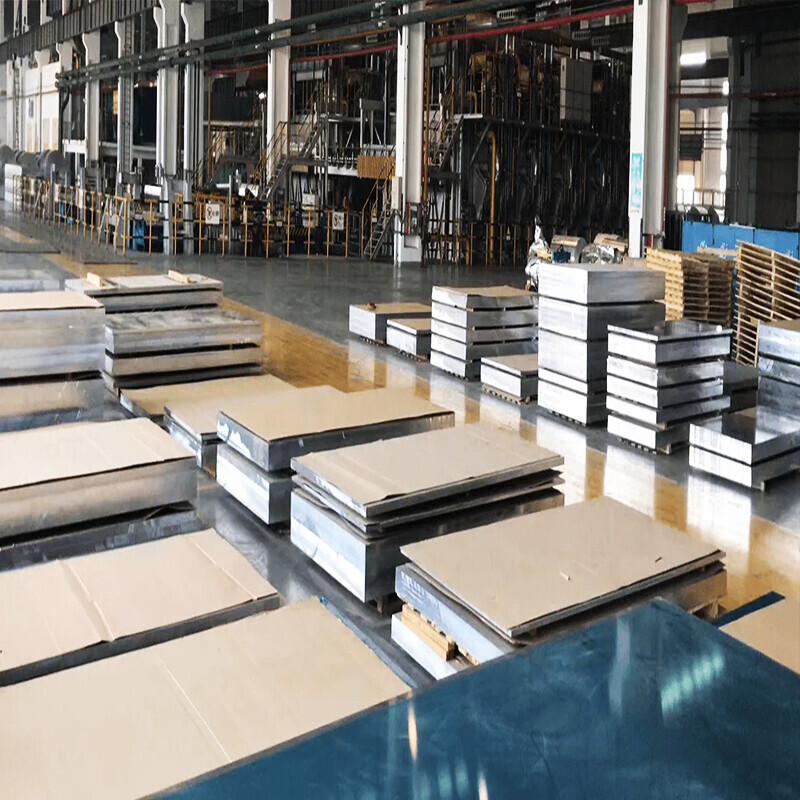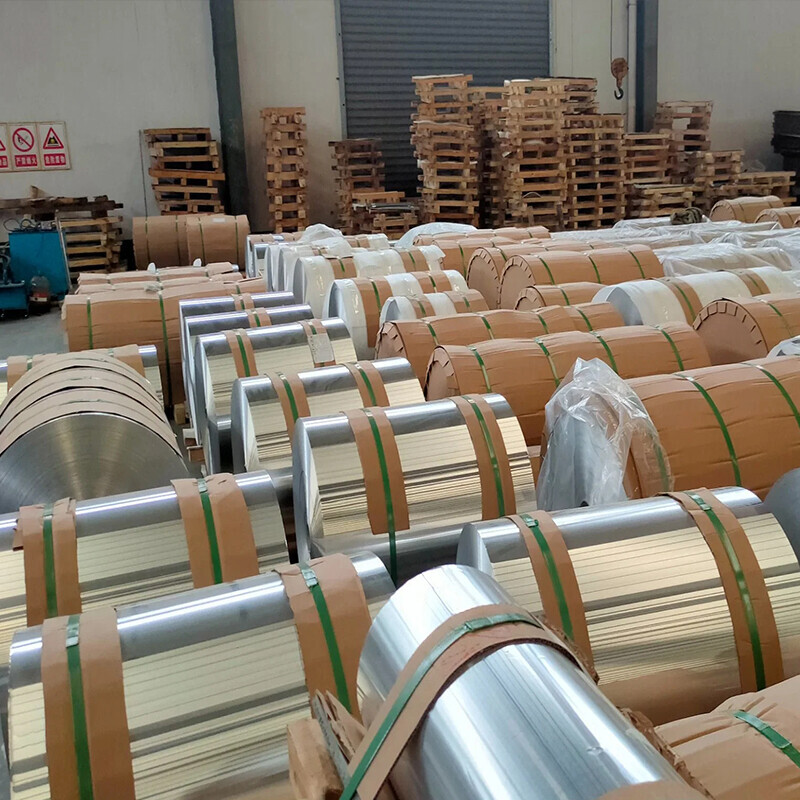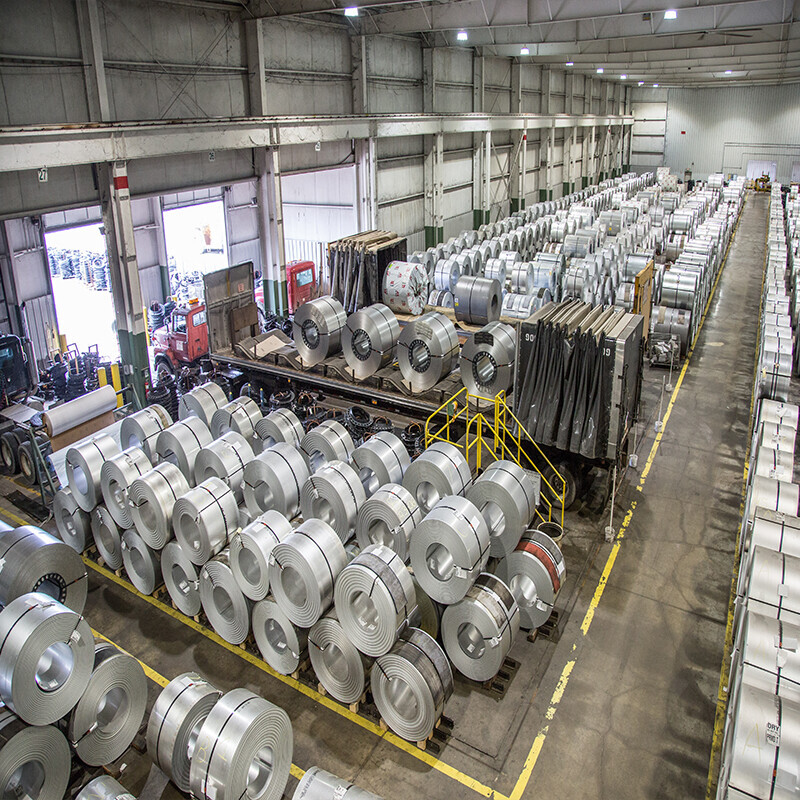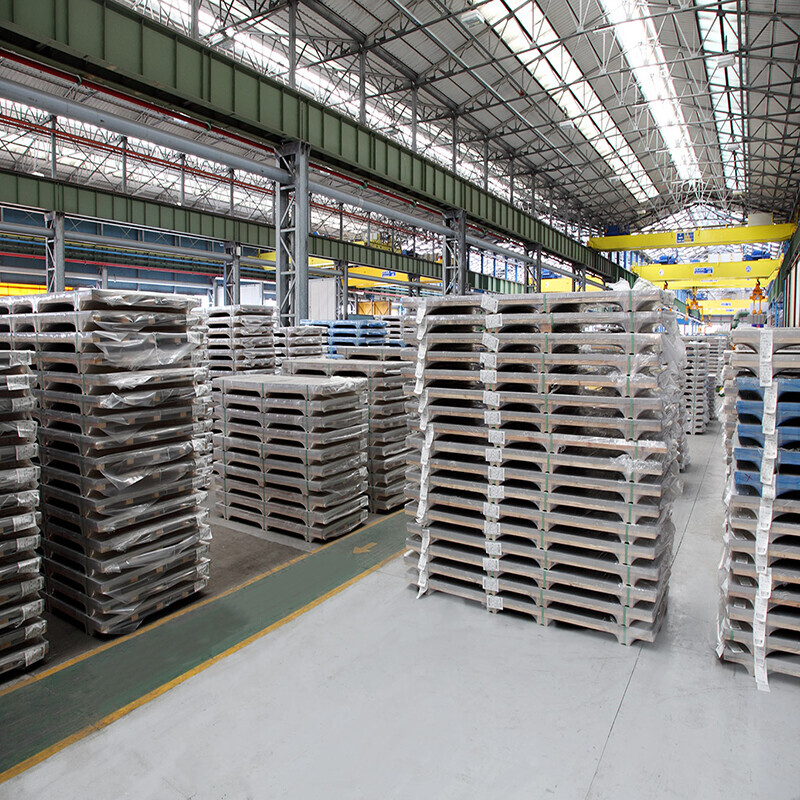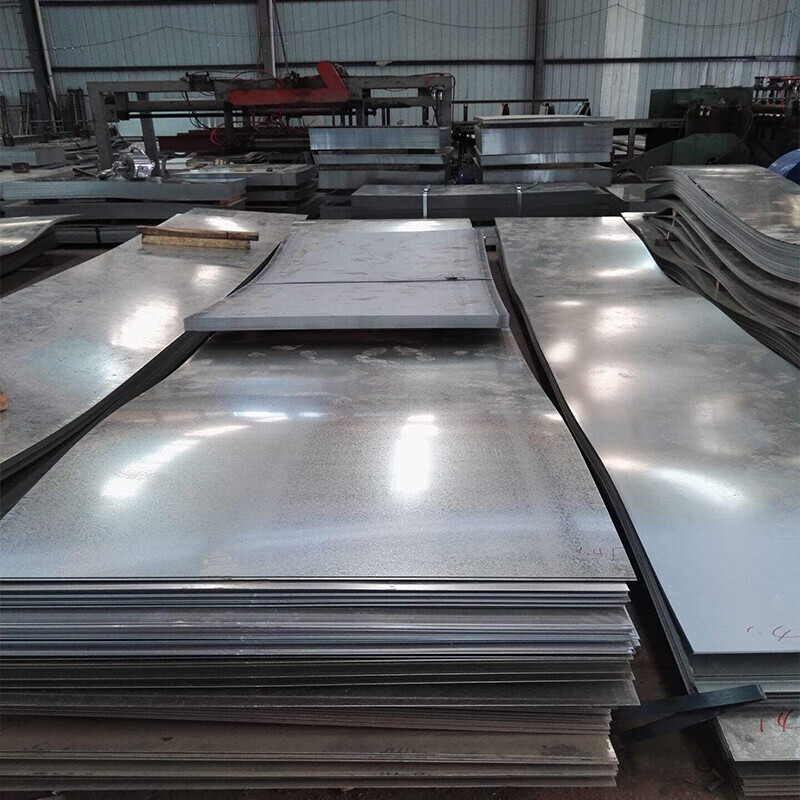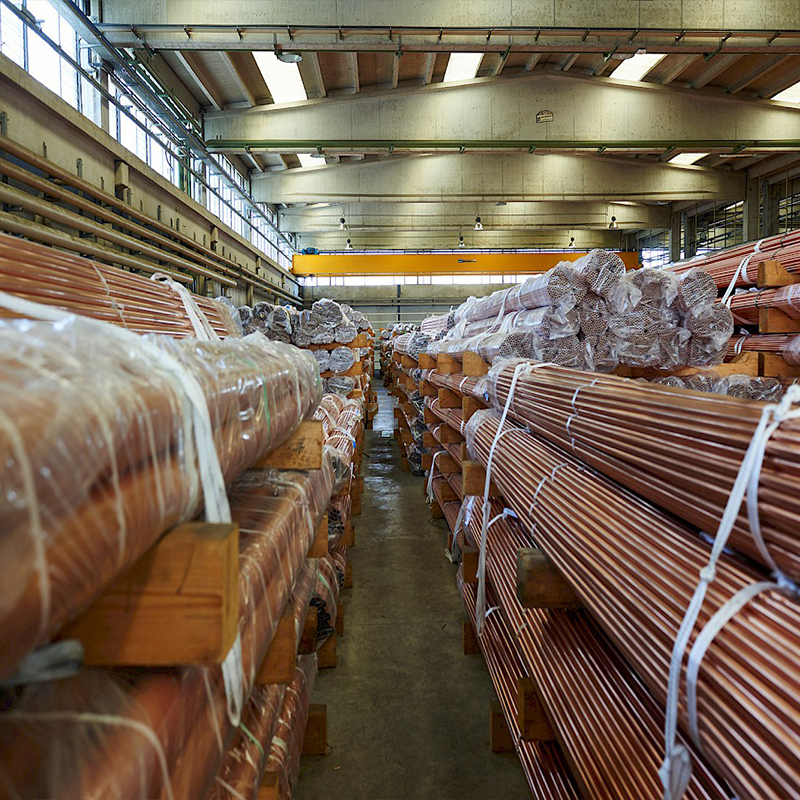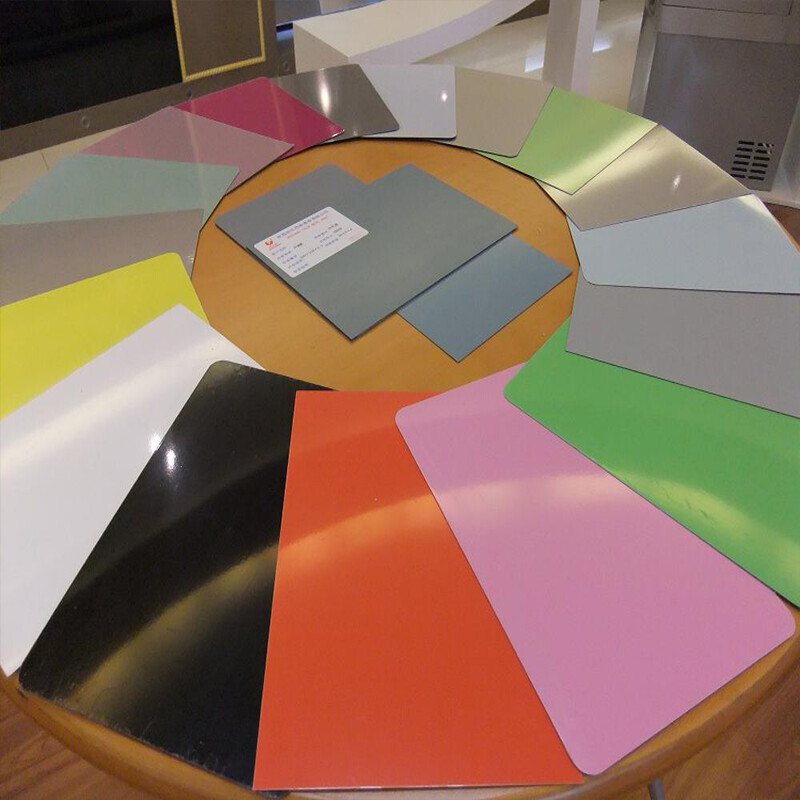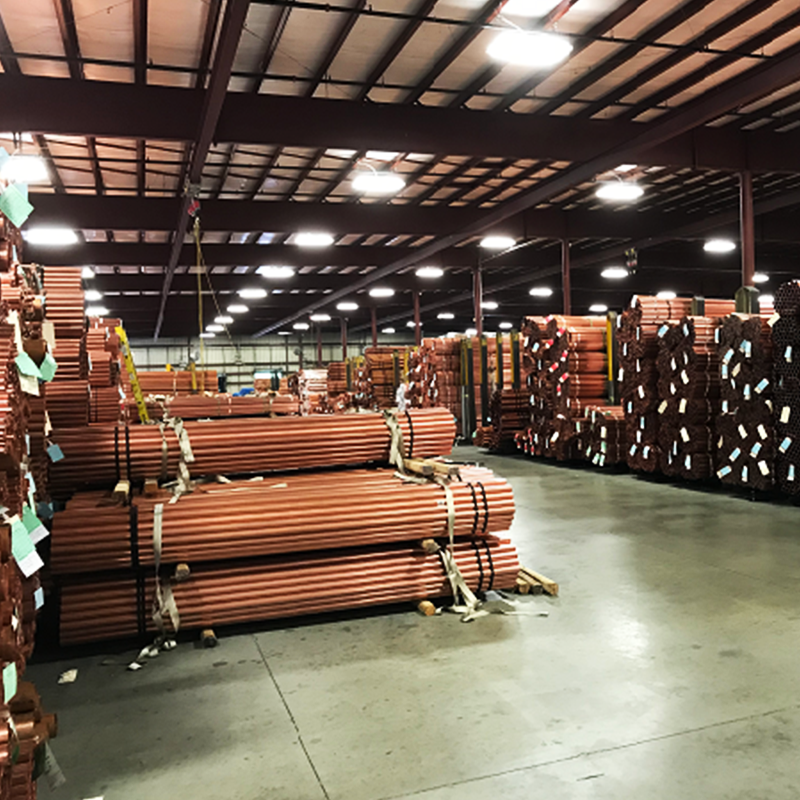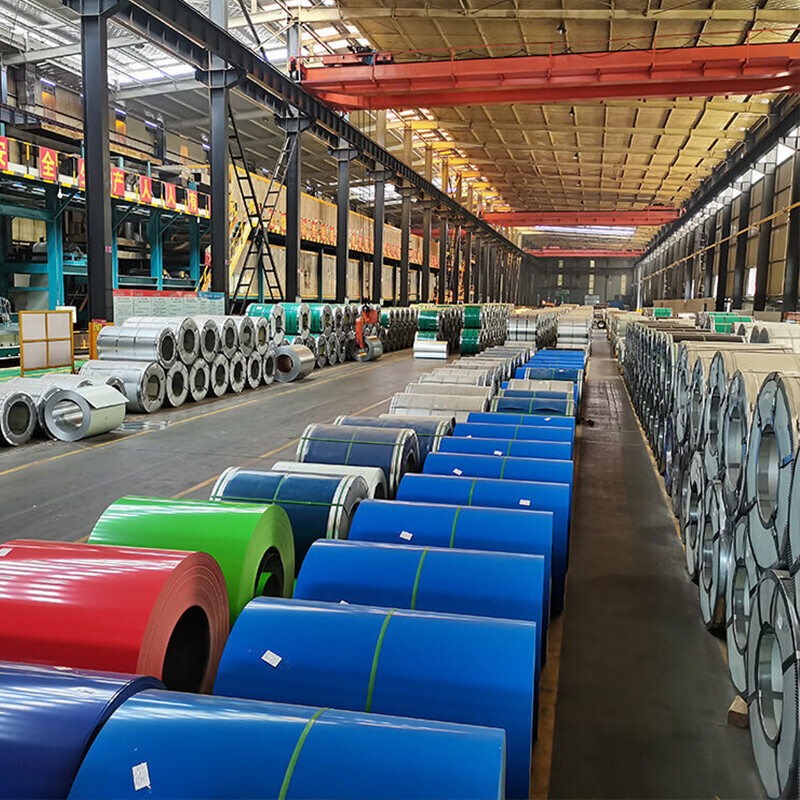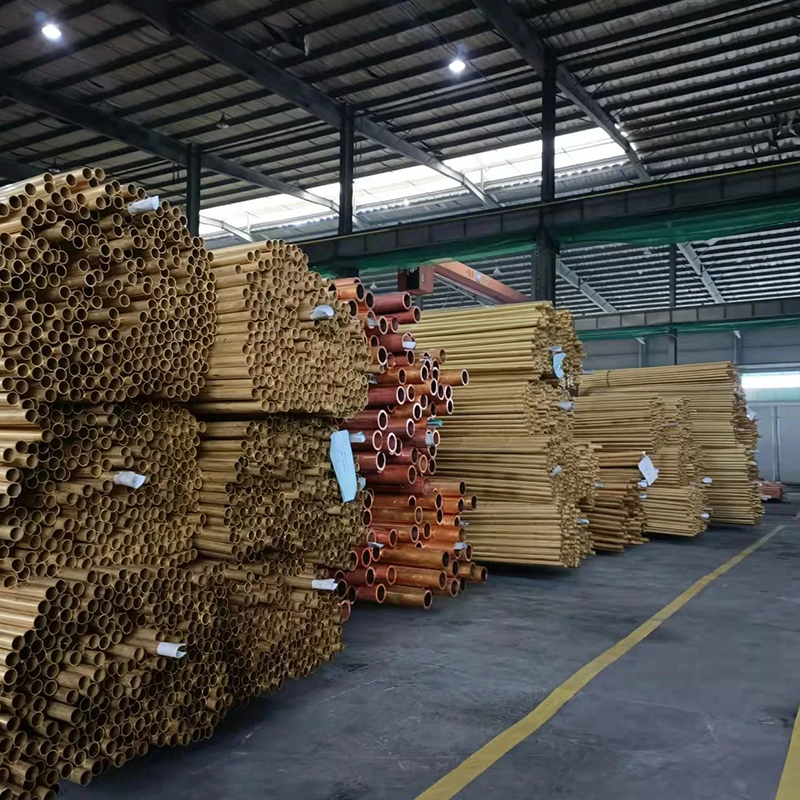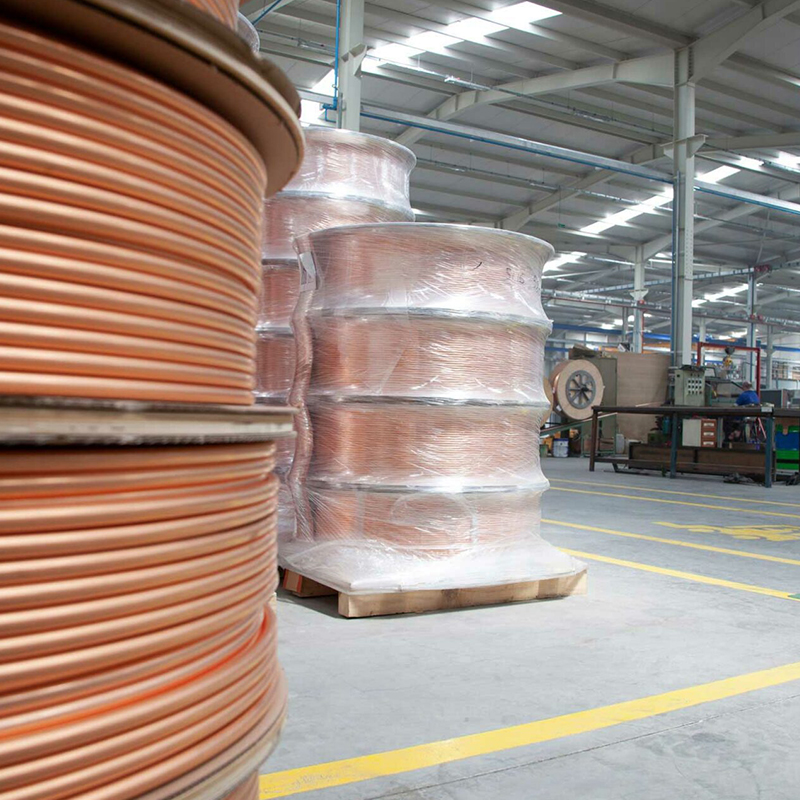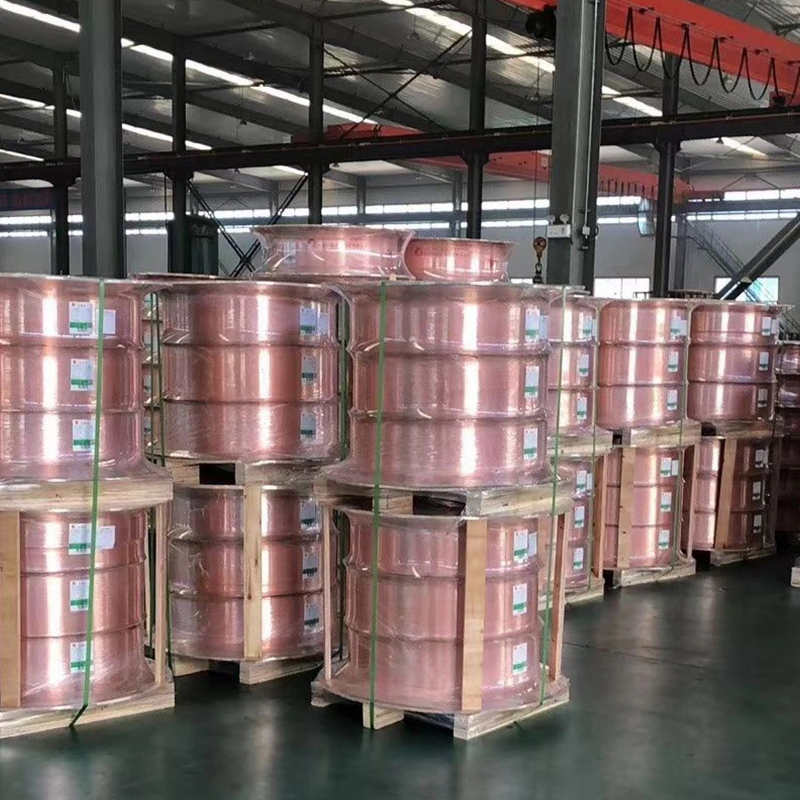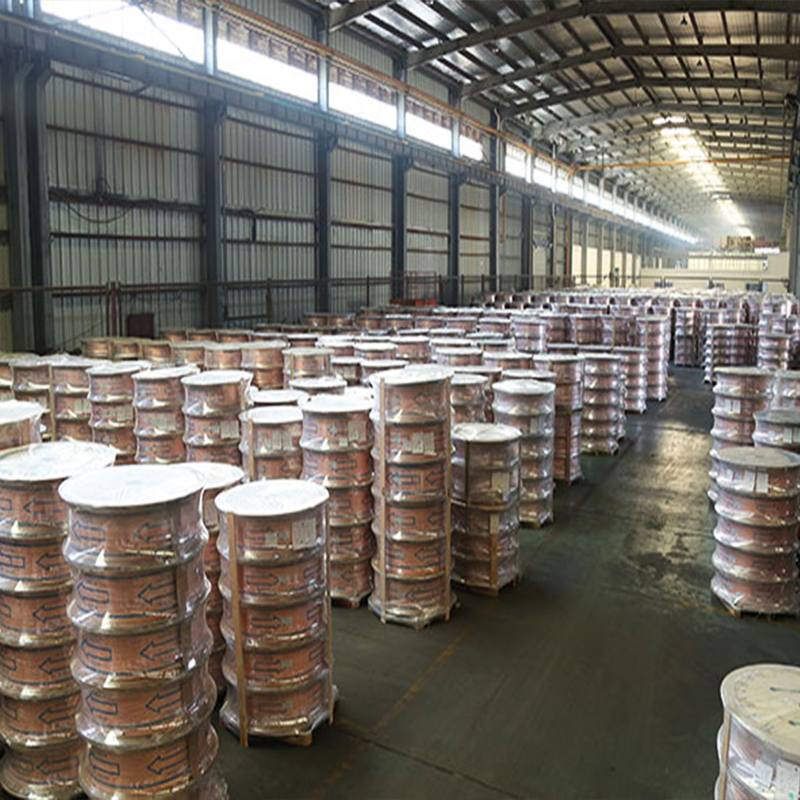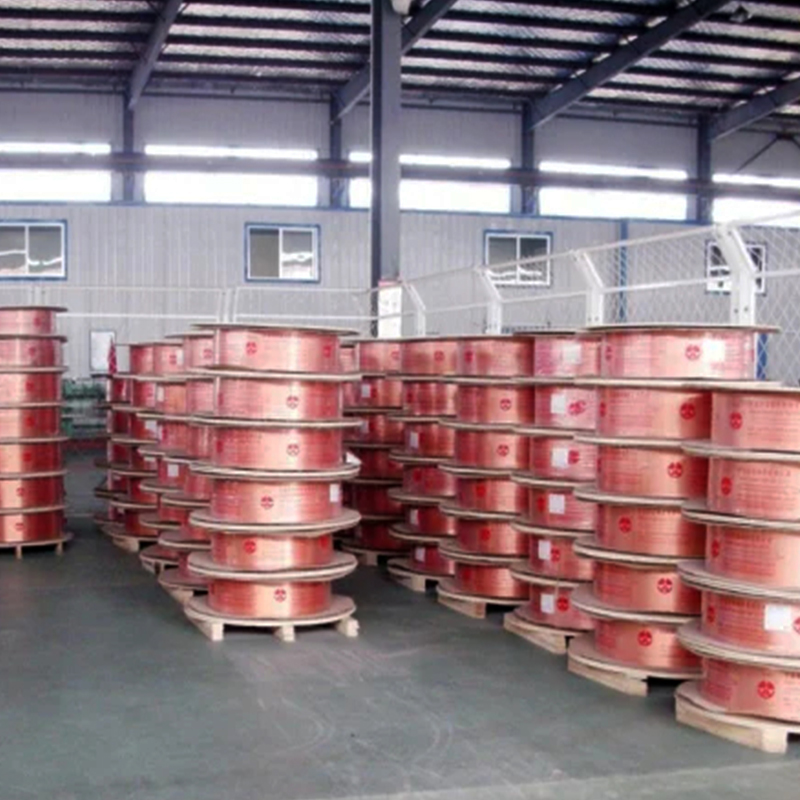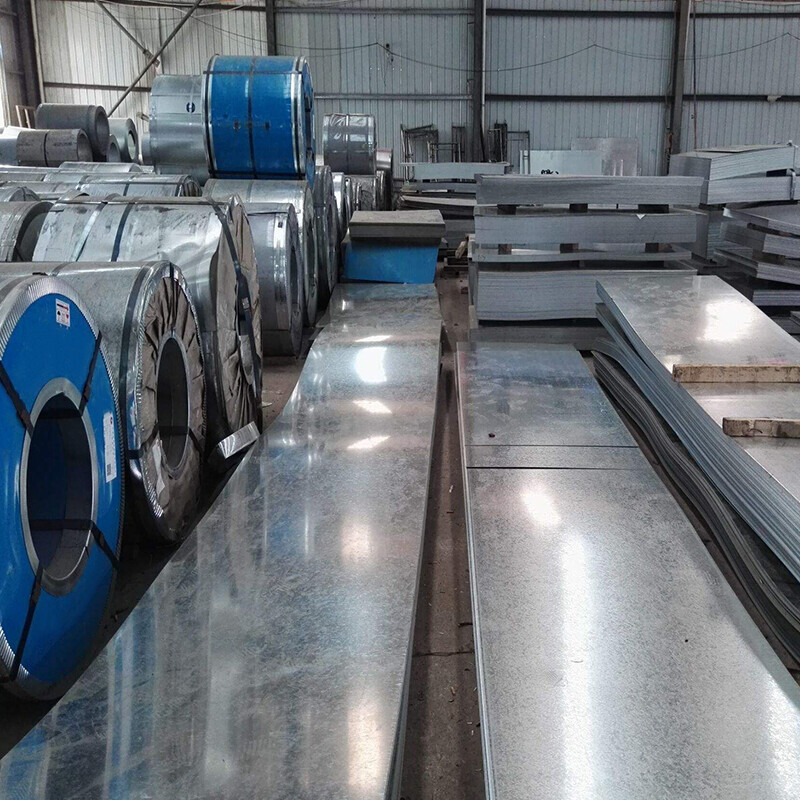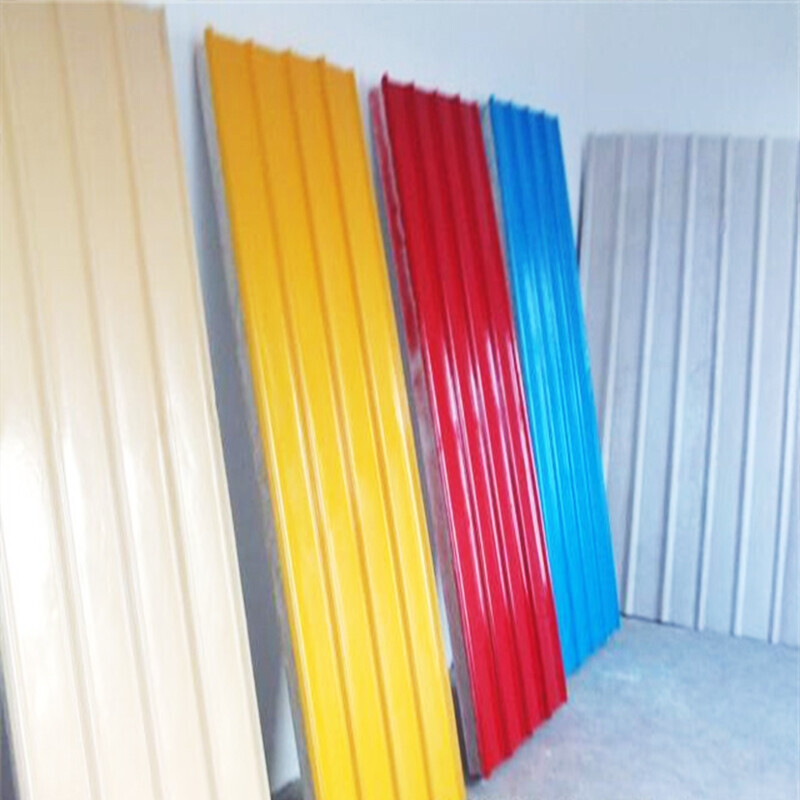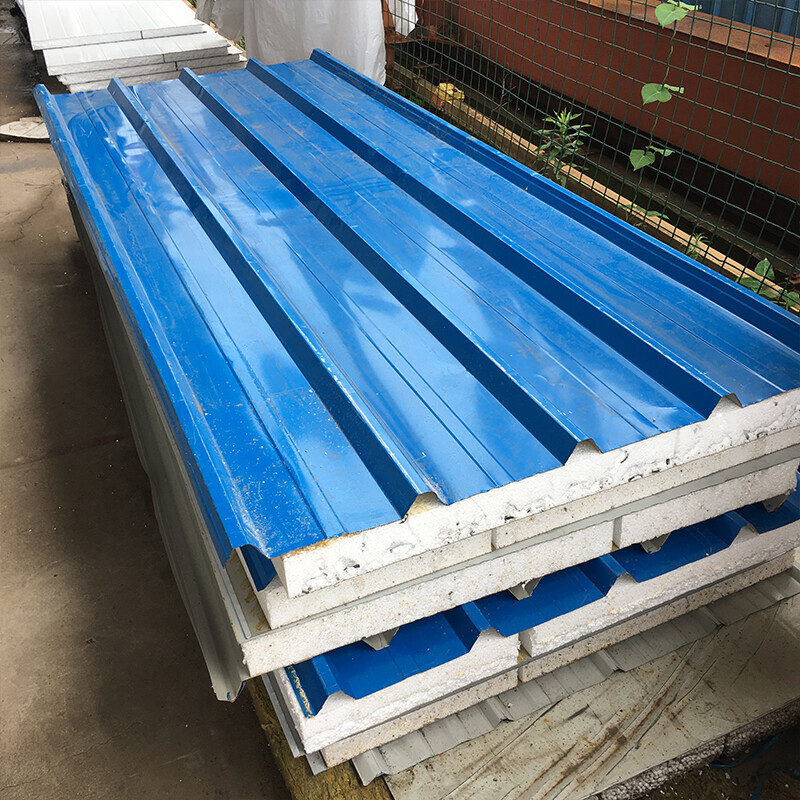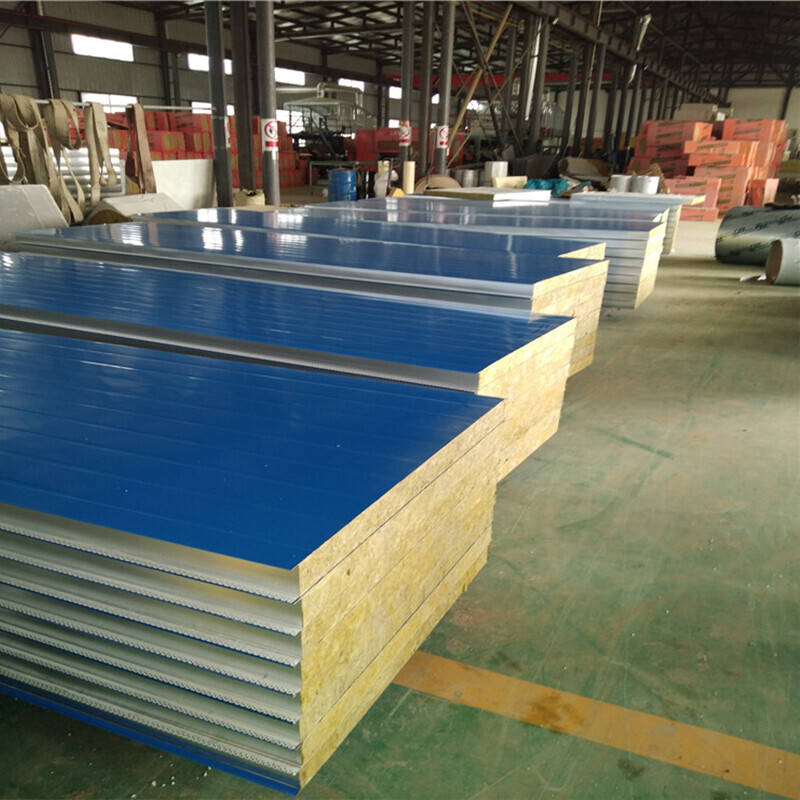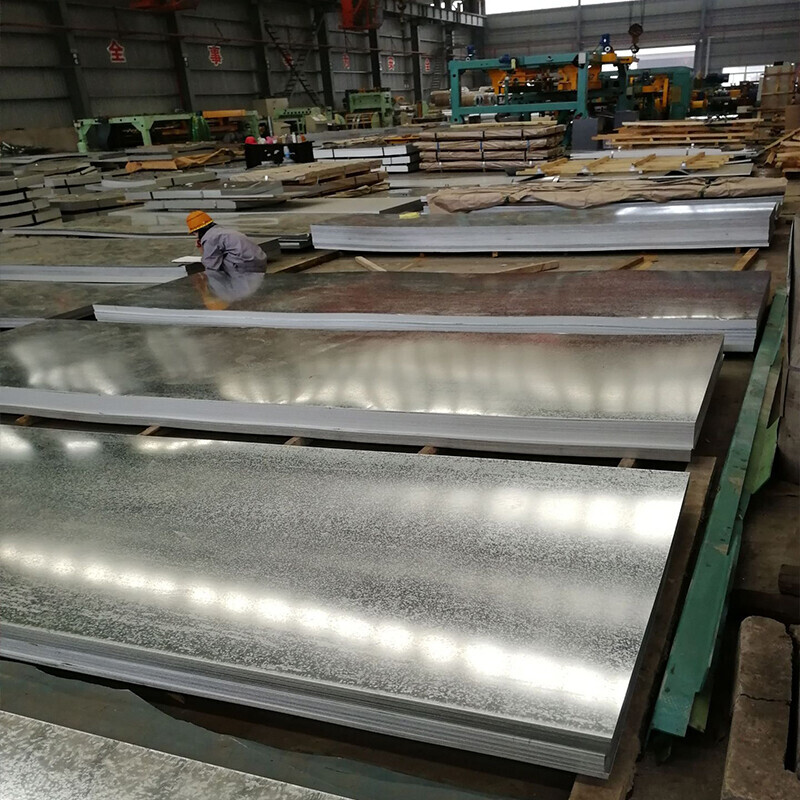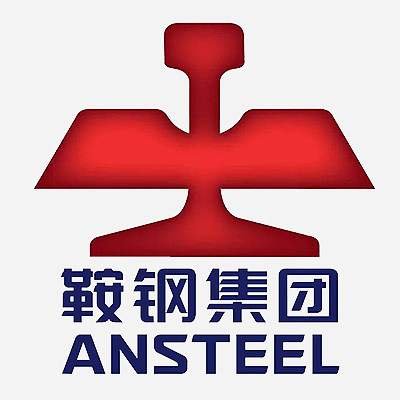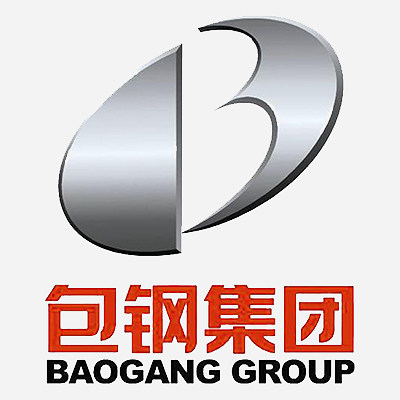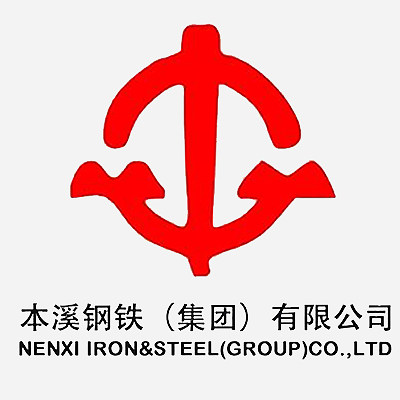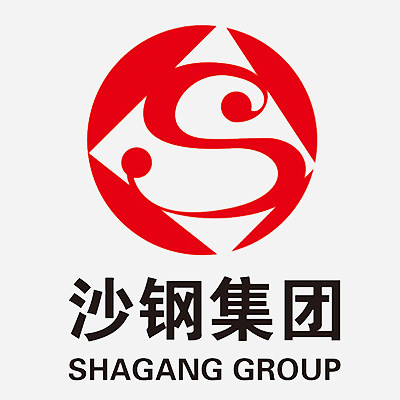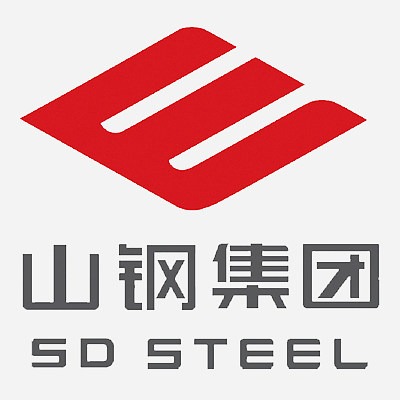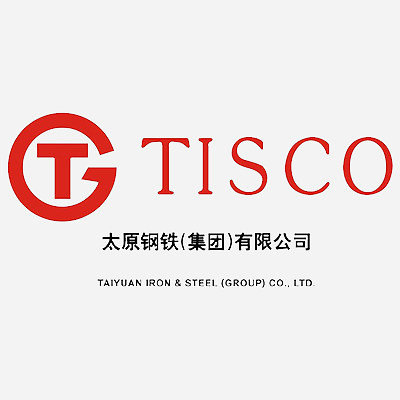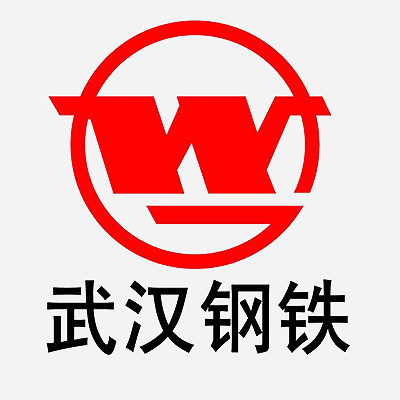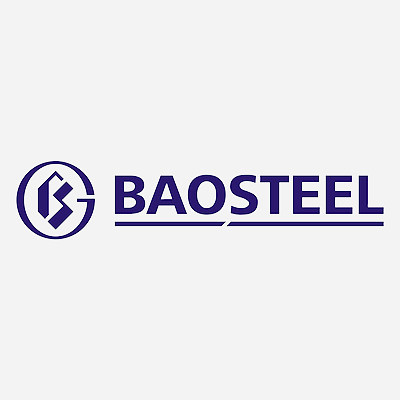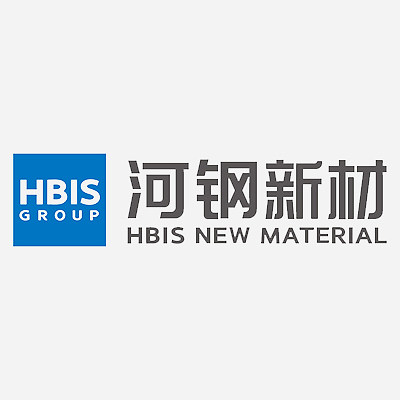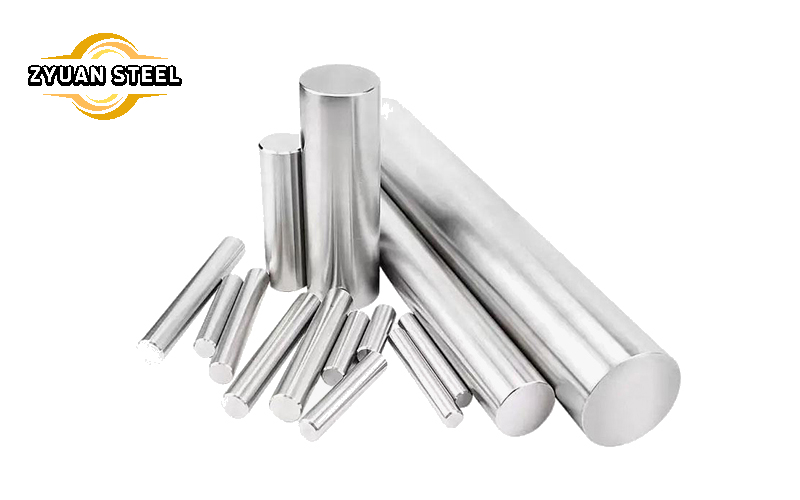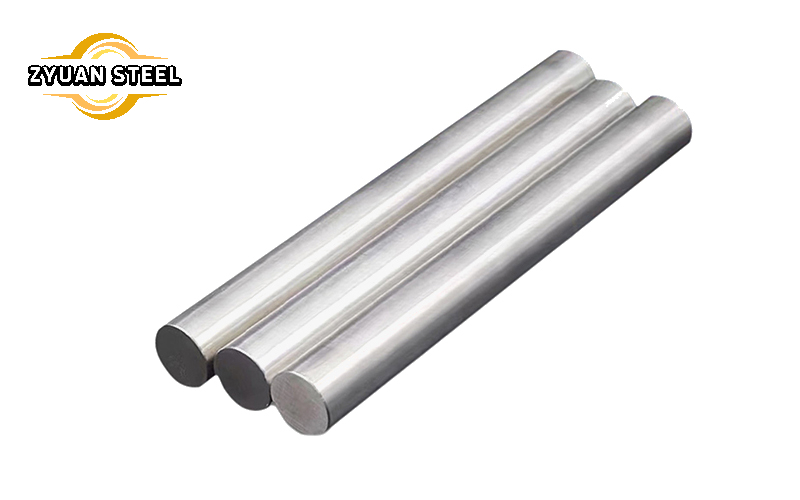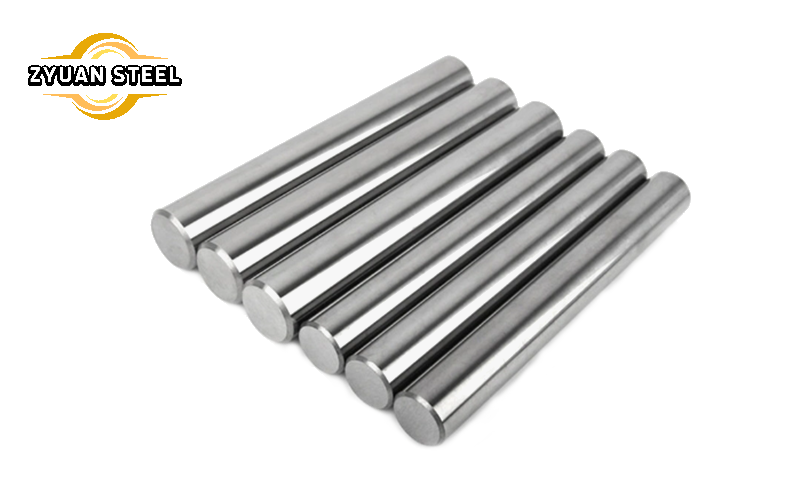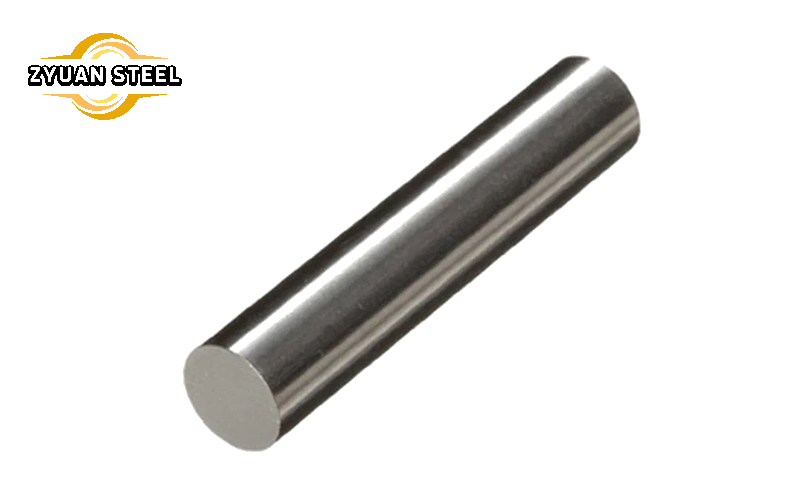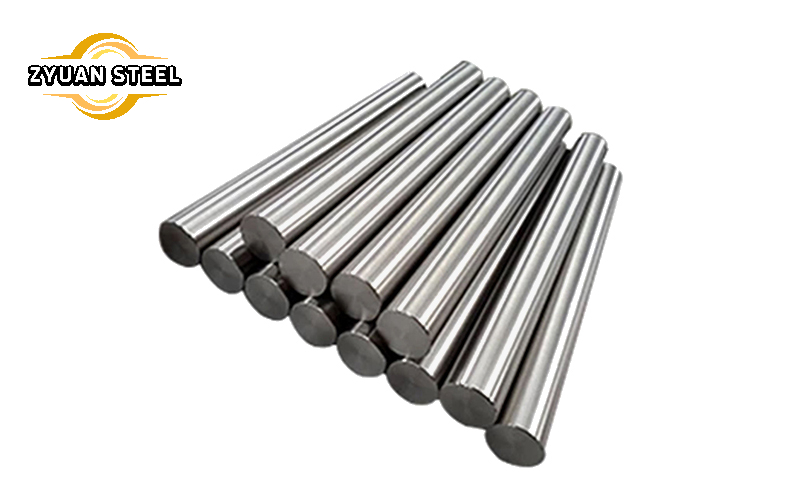1. Competitive price and quality from our own factory
2. Approved by IS09001, CE, SGS every year
3. Best service with 24 hour's reply
4. Flexible payment with T/T,L/C
5. Quick delivery and standard exporting package
6.OEM/ODM
Product specification and description
Hastelloy rods include nickel-molybdenum Hastelloy B-2, nickel-chromium molybdenum Hastelloy C-4 and so on. It is one of the only materials resistant to the corrosion of humid chlorine gas, hypochlorite and chlorine dioxide solutions, and has significant corrosion resistance to high concentrations of chloride salt solutions such as ferric chloride and copper chloride.
Steel rod inspection involves several aspects to ensure that its quality and performance meet standards. The following are some common steel rod inspection items and methods:
Appearance quality inspection: through naked eye observation, magnifying glass or microscope to check whether there are cracks, inclusions, pores and other defects on the surface of the steel rod.
Dimensional accuracy testing: Measuring the diameter, length and other dimensions of steel rods to ensure that they meet relevant standards and customer requirements.
Chemical composition analysis: Through spectral analysis or other chemical methods, the chemical composition of the steel rod is analyzed to ensure that its main components meet the requirements.
Metallographic structure analysis: The metallographic structure of the steel rod is observed by metallographic microscope to evaluate the rationality of its heat treatment process and processing technology.
Tensile test: This is one of the most commonly used tests for steel properties. The yield strength, tensile strength and elongation of steel can be obtained by tensile test.
Hardness test: used to determine the hardness of steel, the common hardness test methods are Brinell hardness test, Rockwell hardness test and Vickers hardness test.
Impact test: used to determine the impact resistance of steel, through the impact test can understand the performance of steel under impact.
In addition, steel rod testing also includes hydrogen embrittlement testing. Hydrogen embrittlement is a serious inherent defect of steel, which may lead to brittle fracture of steel. Hydrogen embrittlement detection methods include hydrogen pressure method and slow strain method.
These inspection items and methods are used together to comprehensively evaluate the quality and performance of steel rods to ensure their safety, reliability and effectiveness in applications. Please note that the specific testing items and standards may vary due to the use of steel rods, material type, manufacturing standards and other factors, so in practical applications, the appropriate testing methods and standards should be selected according to the specific situation.
Material introduction
Alloy steel is steel that is alloyed with a variety of elements in total amounts between 1.0% and 50% by weight to improve its mechanical properties.
Alloy steels are broken down into two groups: low alloy steels and high alloy steels. The difference between the two is disputed. Smith and Hashemi define the difference at 4.0%, while Degarmo, et al., define it at 8.0%. Most commonly, the phrase "alloy steel" refers to low-alloy steels.
Strictly speaking, every steel is an alloy, but not all steels are called "alloy steels". The simplest steels are iron (Fe) alloyed with carbon (C) (about 0.1% to 1%, depending on type) and nothing else (excepting negligible traces via slight impurities); these are called carbon steels. However, the term "alloy steel" is the standard term referring to steels with other alloying elements added deliberately in addition to the carbon. Common alloyants include manganese (Mn) (the most common one), nickel (Ni), chromium (Cr), molybdenum (Mo), vanadium (V), silicon (Si), and boron (B). Less common alloyants include aluminium (Al), cobalt (Co), copper (Cu), cerium (Ce), niobium (Nb), titanium (Ti), tungsten (W), tin (Sn), zinc (Zn), lead (Pb), and zirconium (Zr).
The following is a range of improved properties in alloy steels (as compared to carbon steels): strength, hardness, toughness, wear resistance, corrosion resistance, hardenability, and hot hardness. To achieve some of these improved properties the metal may require heat treating.
Although alloy steels have been made for centuries, their metallurgy was not well understood until the advancing chemical science of the nineteenth century revealed their compositions. Alloy steels from earlier times were expensive luxuries made on the model of "secret recipes" and forged into such tools as knives and swords. Modern alloy steels of the machine age were developed as improved tool steels and as newly available stainless steels. Today alloy steels find uses in a wide array of applications, from everyday hand tools and flatware to highly demanding applications such as in the turbine blades of jet engines and in nuclear reactors.
Warehouse display
We have a large steel product warehouse with a large inventory covering a wide range of specifications and types of products. Whatever specifications you need, we can provide them quickly, ensuring that your project is not affected by material shortages. Our product inventory is updated in real time, with new products coming into stock every day. This means that even in the case of high demand, we can guarantee a stable supply and avoid the risk of running out of stock. Our warehouse facilities are complete, with a sound storage and logistics system. This allows us to quickly complete the product entry, storage and exit work, ensuring that your ordered products can be delivered in a timely manner.
Product application
Each batch of our products will be subjected to strict quality testing before leaving the warehouse, we can also accept your designated third party testing agency for quality inspection and quality certificate, to ensure that all products do not have quality problems and can be perfectly applied to various fields.
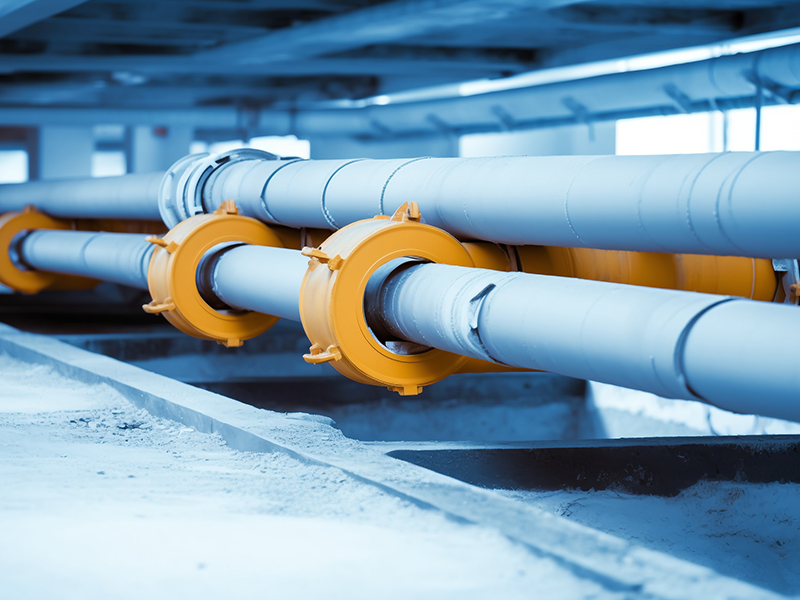
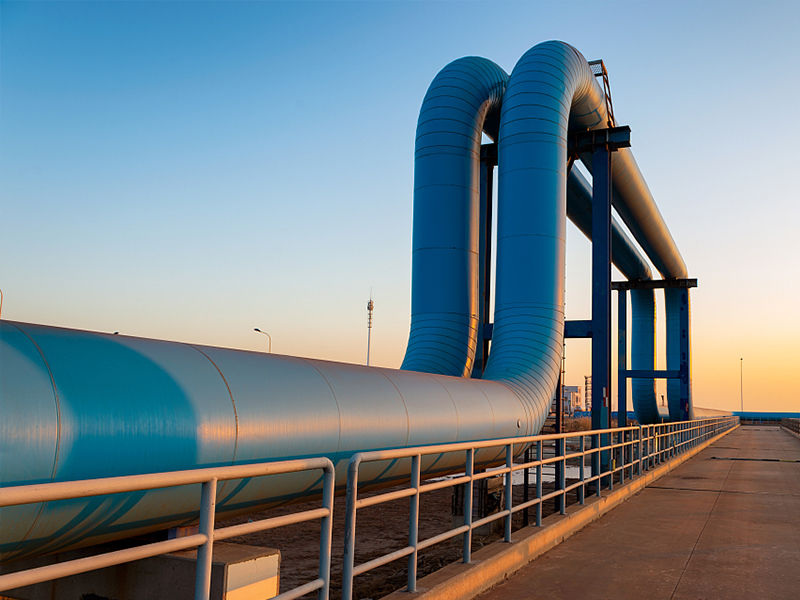
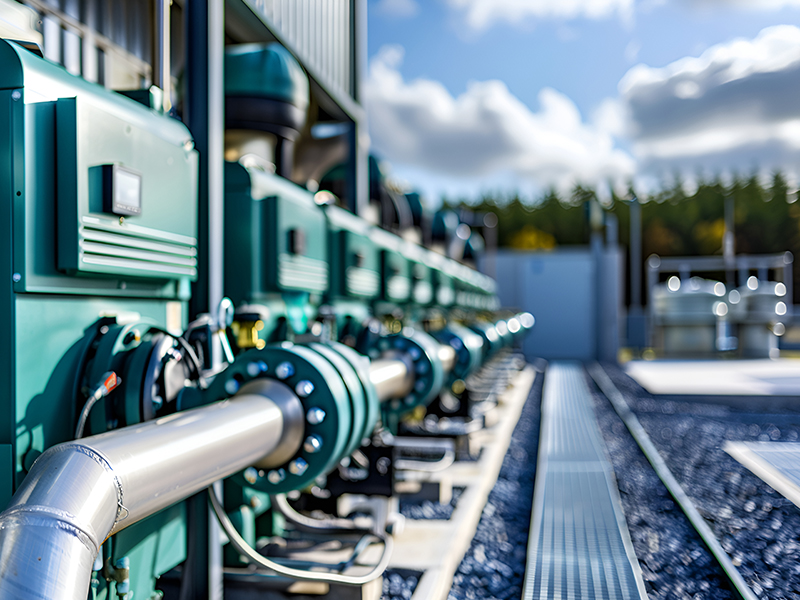
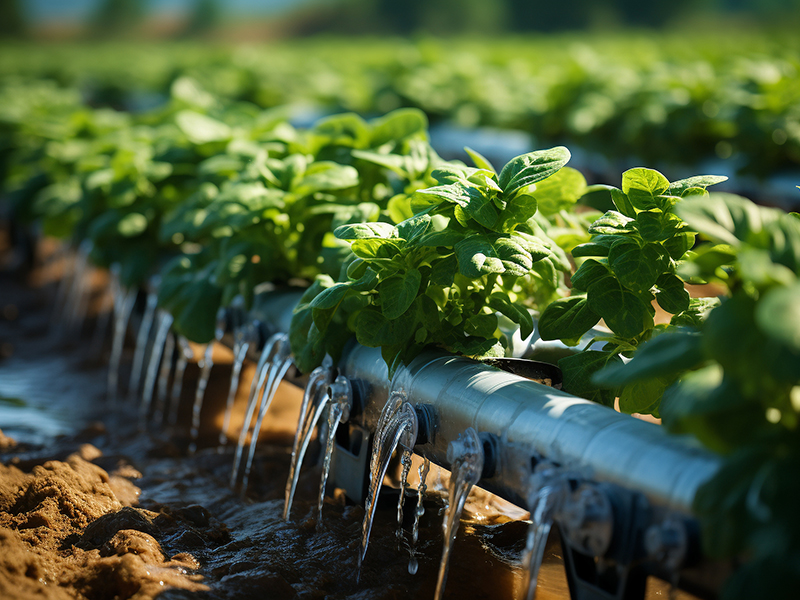
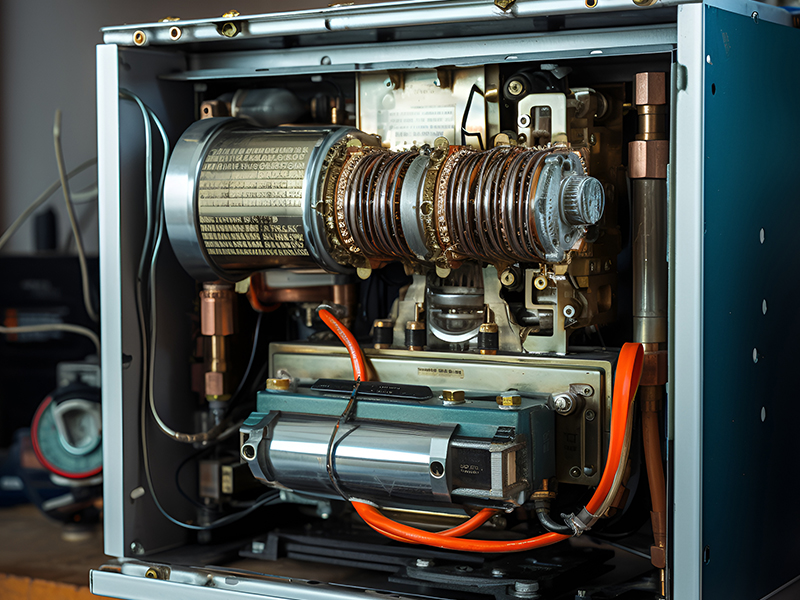
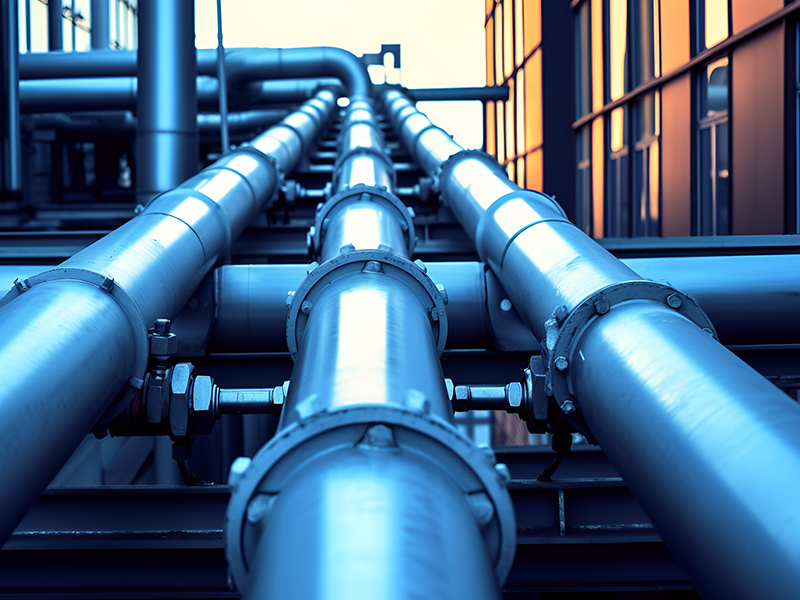
Customer visit
Customer's visit is an important part of our long-term cooperative relationship, every customer's visit is our driving force forward, we value every communication with you. We are very welcome and look forward to your frequent visit, with us to explore more cooperation opportunities, we are committed to provide you with one-stop service, whether it is product consultation, technical support or business negotiations, we will go all out, in order to ensure that your visit is smooth, we have prepared all the necessary support and service, ready to meet your arrival.

Recommended product
In order to ensure the supply of sufficient goods for customers at all times, in addition to independent production of goods, we also maintain close cooperation with major manufacturers at home and abroad, if we do need to order their goods, then we will carry out strict quality testing of this batch of goods to ensure that there is no problem before delivery to customers.
FAQ
Are you trading company or manufacturer ?
We are specialized in the production and processing of various steel products suppliers, have their own independent plant and production equipment
Do you provide samples ? Is it free or extra ?
We can provide samples to you for free, but the cost of express delivery will be borne by you.
Do you support customization ?
Yes, we have a full stock of products with a full range of models and a working production line. If you don't have what you want, we can customize it.
How long is your delivery time?
It takes around 3-5 days for the regular models, and 7 to 10 working days for the special sizes and processing. It is based on the order quantity and requirement.
Do you accept third party testing ?
Yes, we fully accept the quality inspection of the third party inspection institutions. We attach great importance to the reliability of product quality
What are the advantages of your company?
First of all, we have an absolute advantage in price. Secondly, the quality of products is also strictly controlled.
Contact us
If you have any questions, please contact us immediately and we will respond to you as quickly as possible
Related recommended products
In addition to this product, you can also look at other related recommended products, if you have any questions, please contact us immediately, we will respond to you as quickly as possible
Get in Touch
*We respect your confidentiality and all information are protected.

